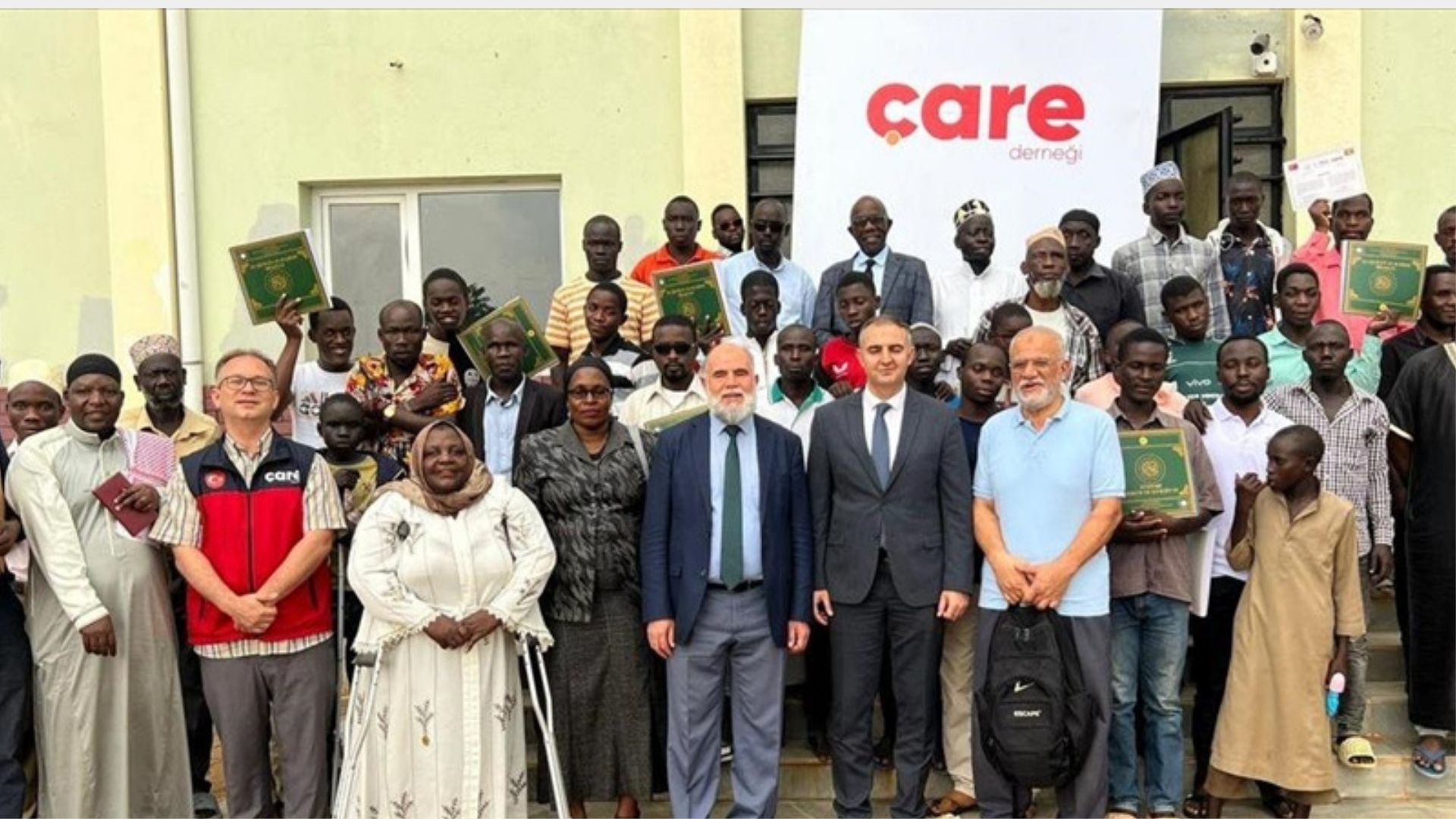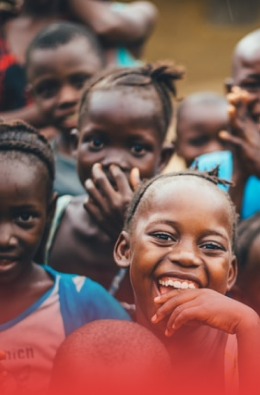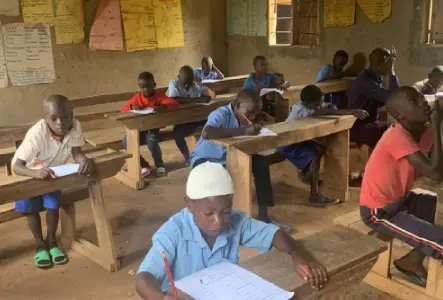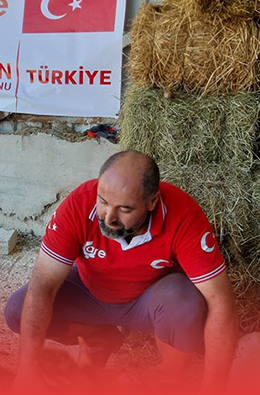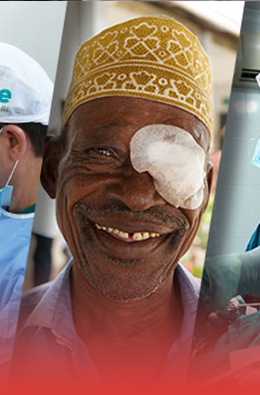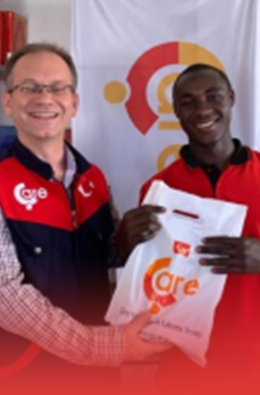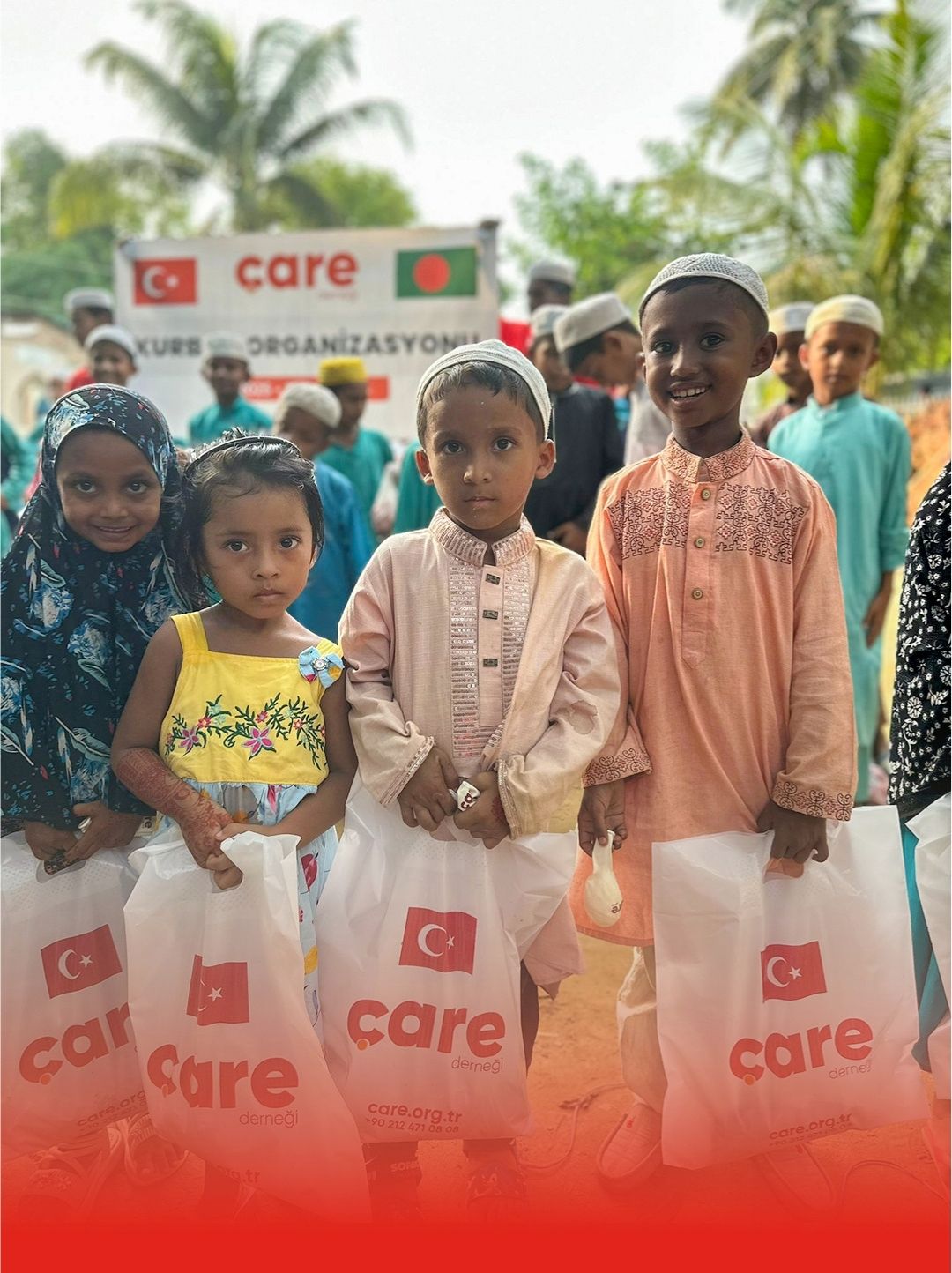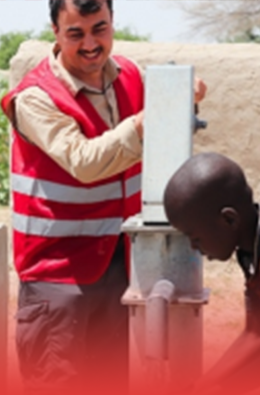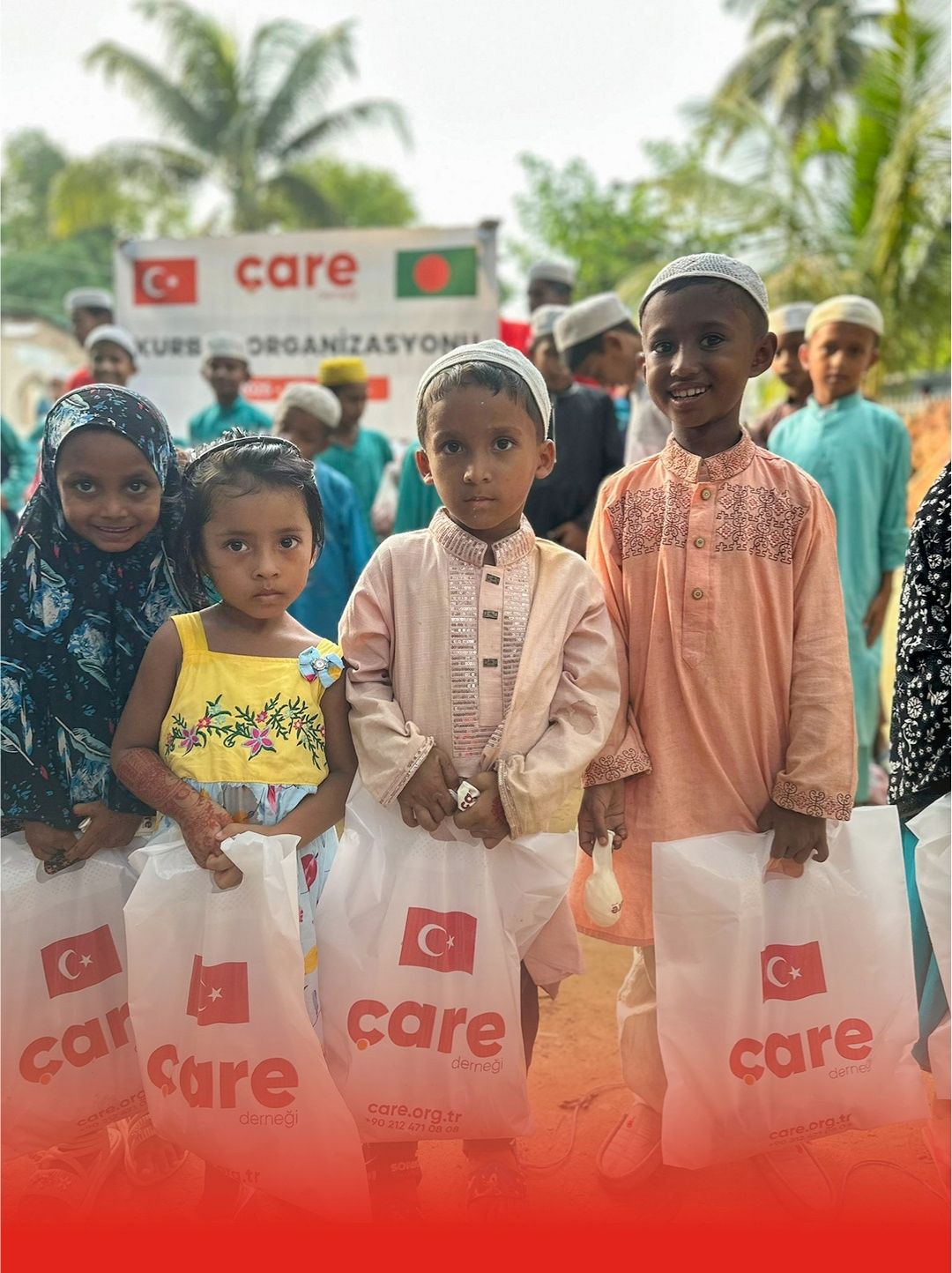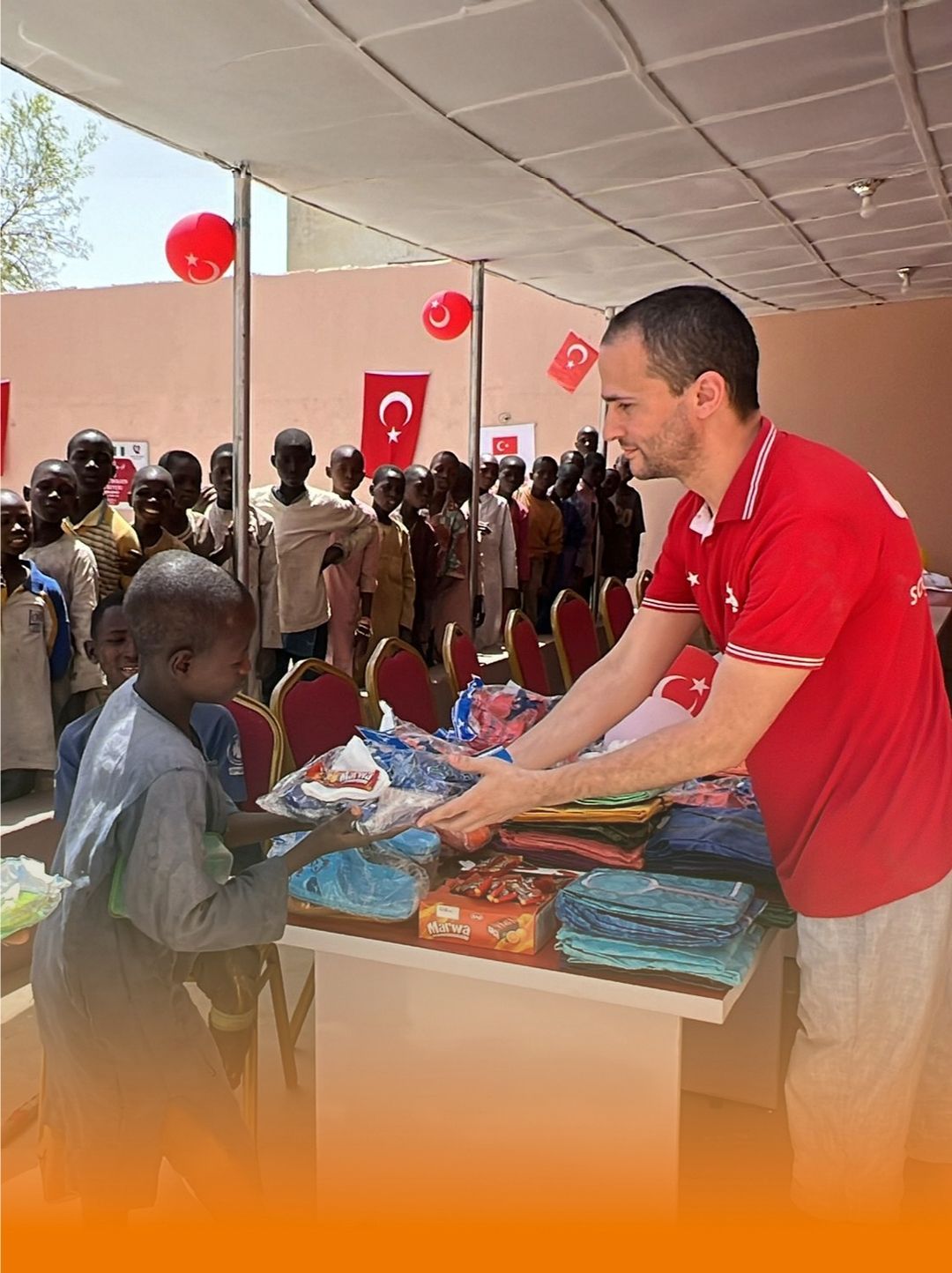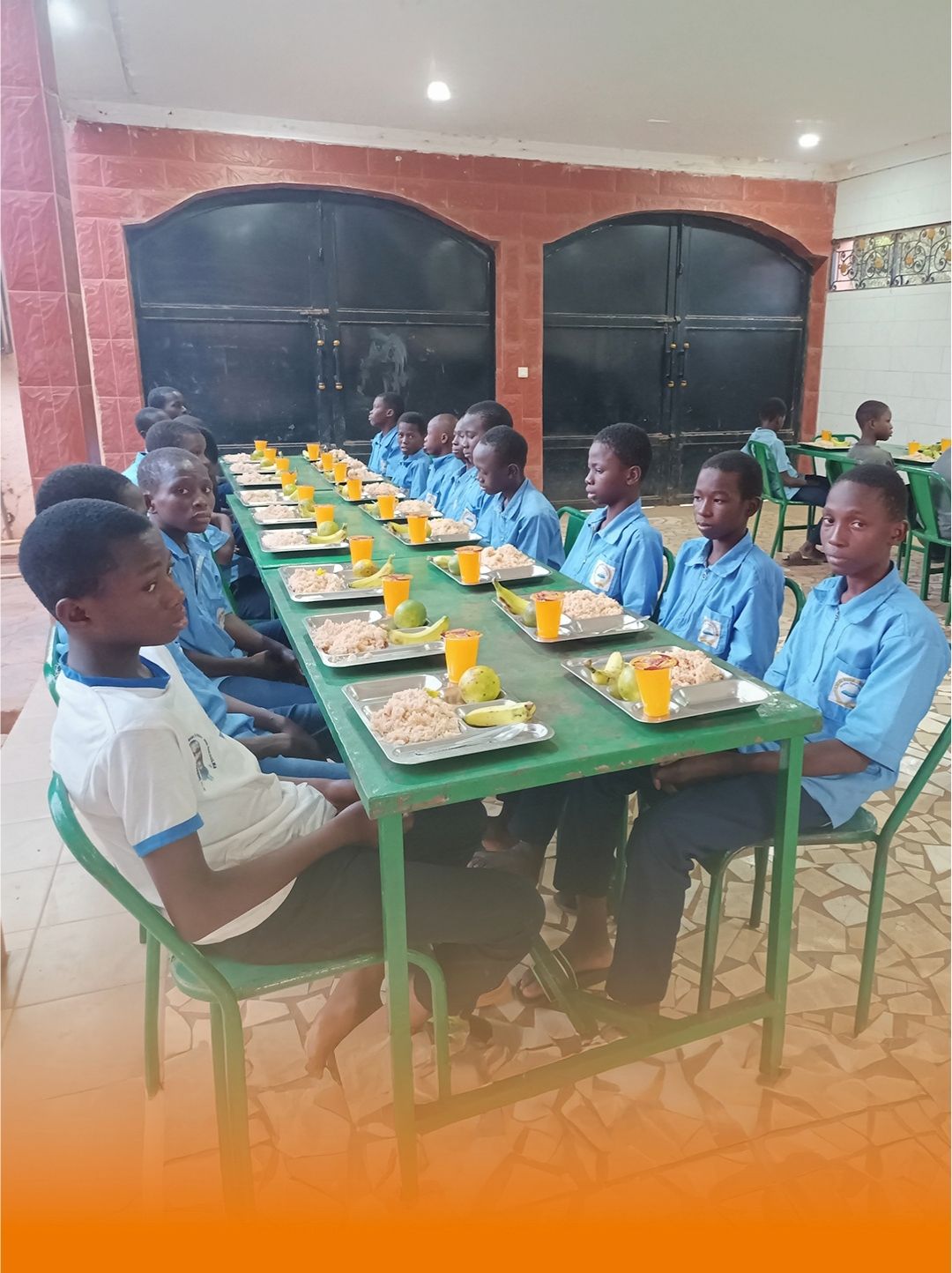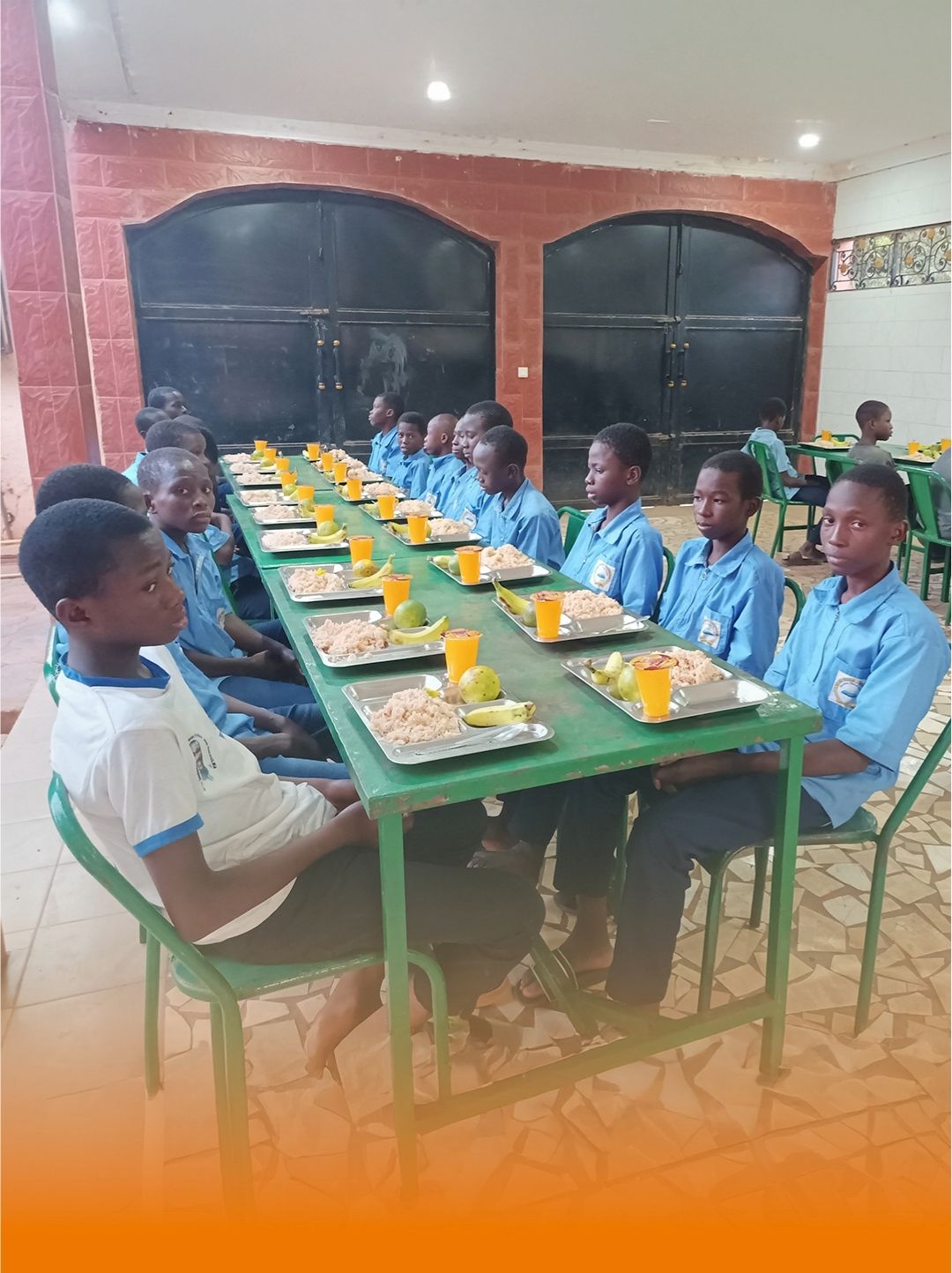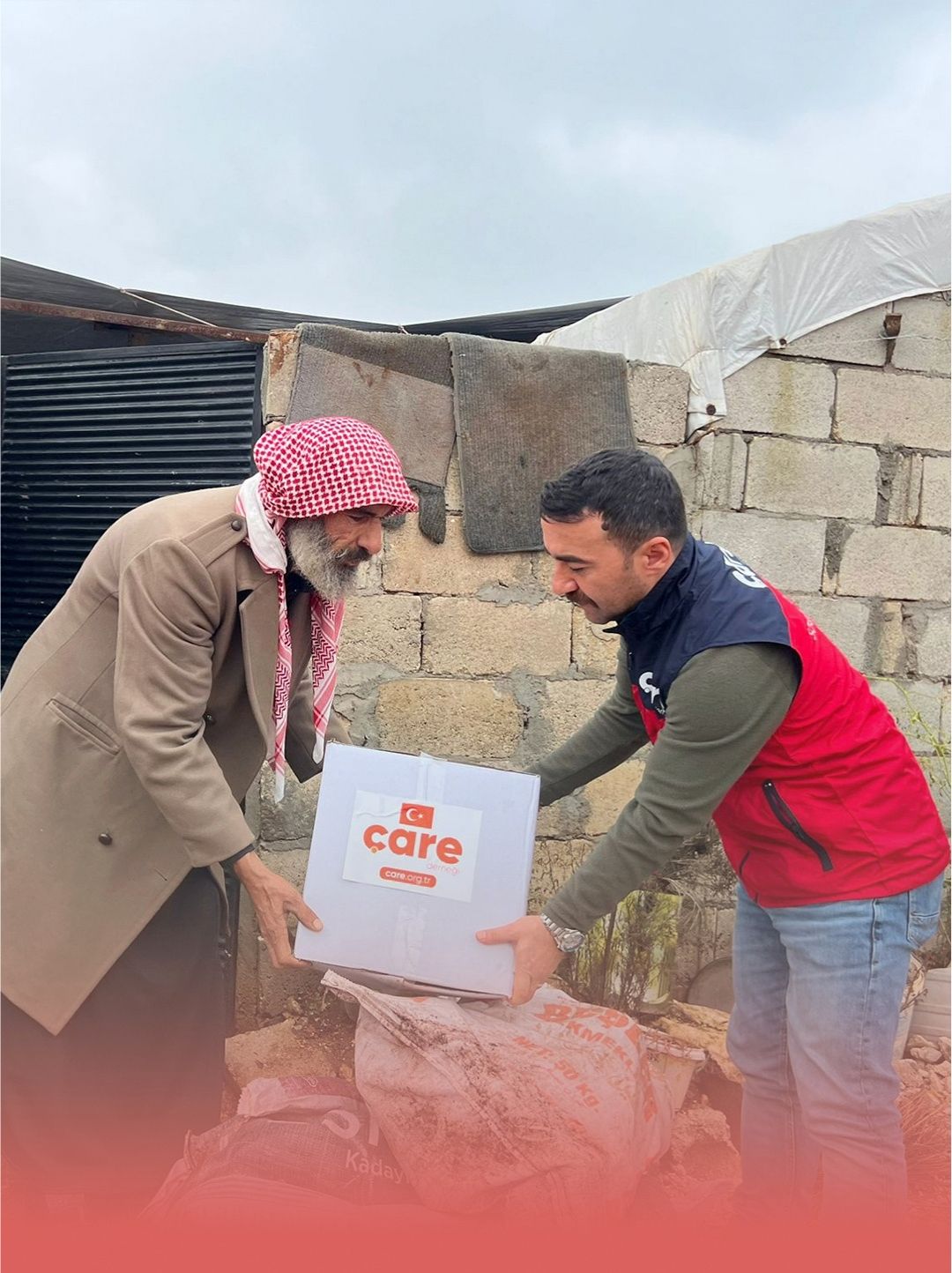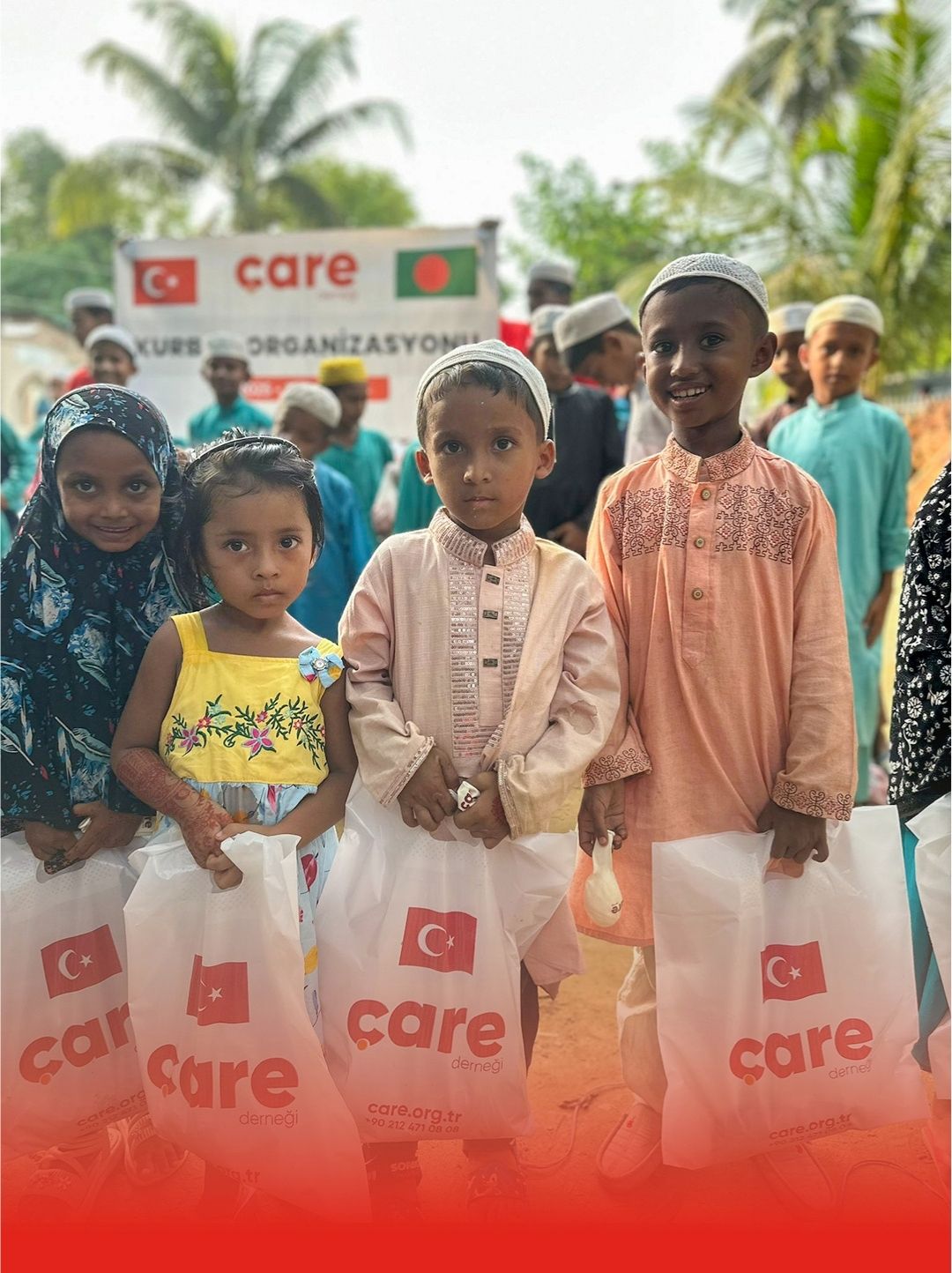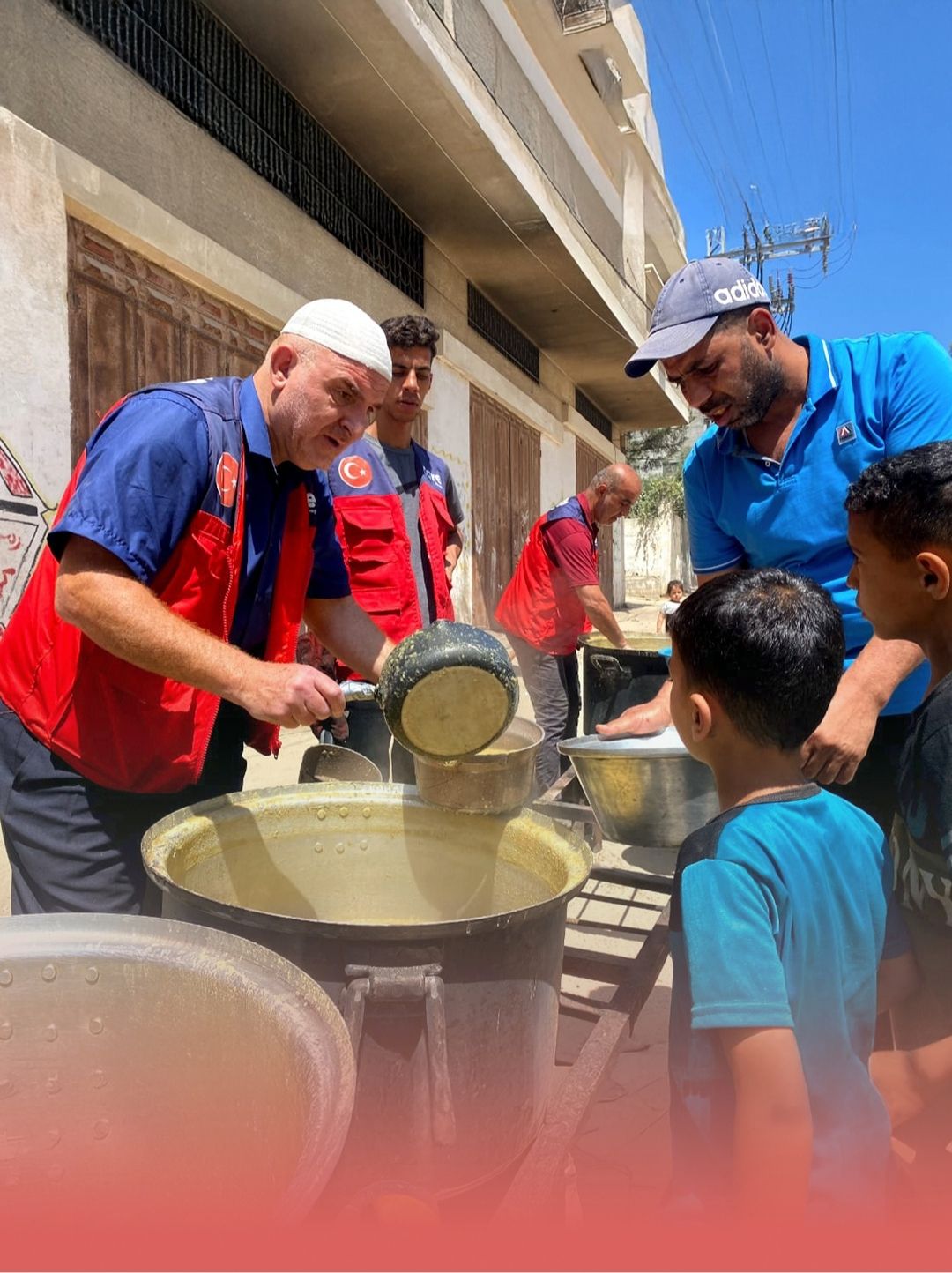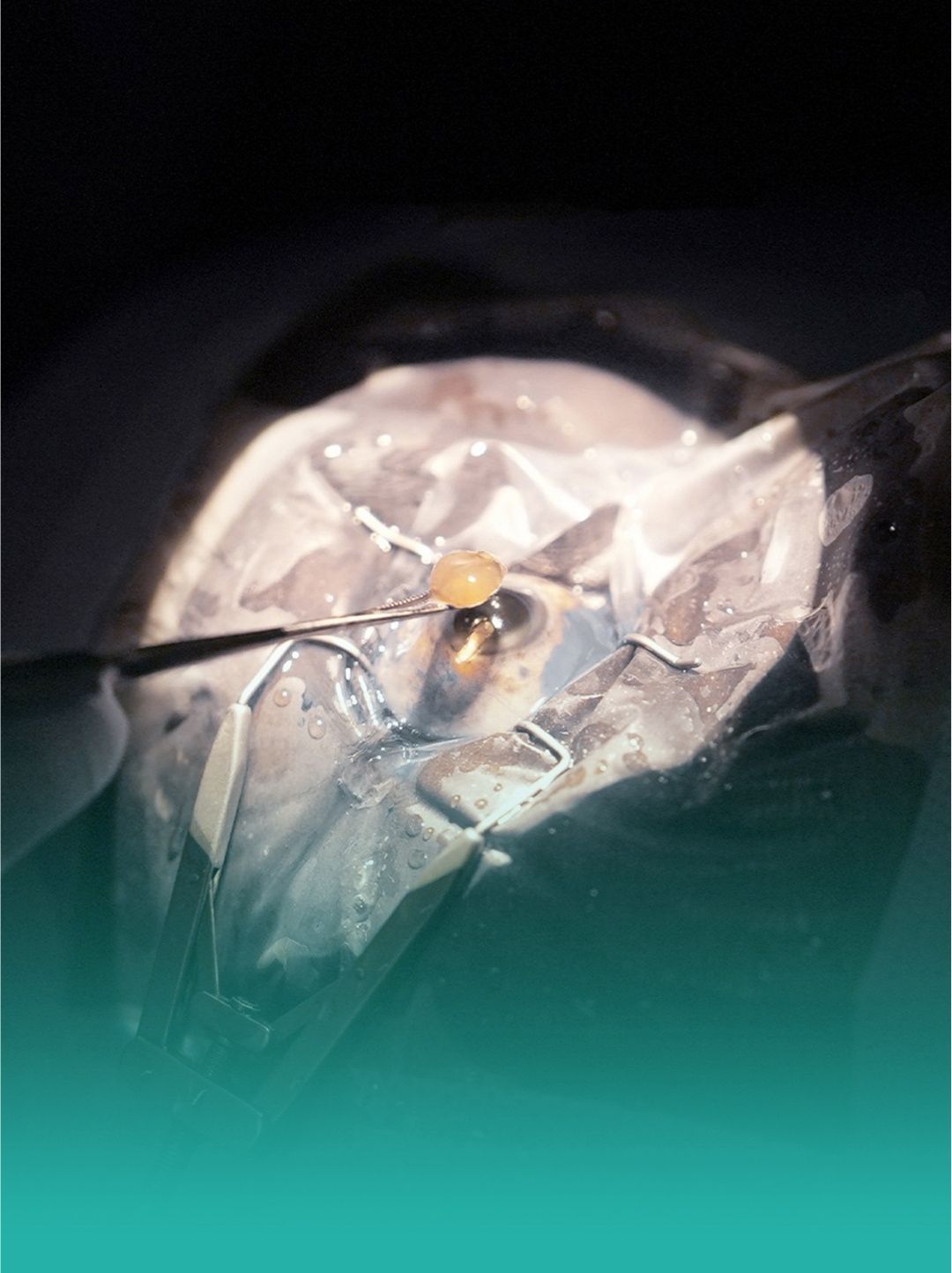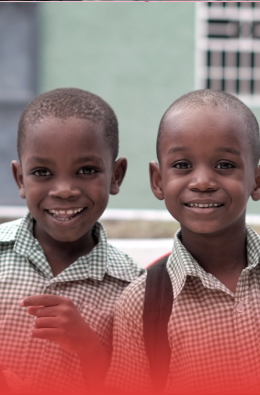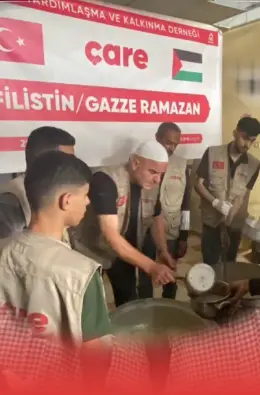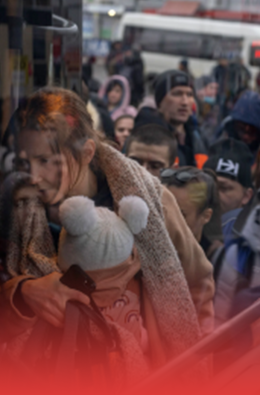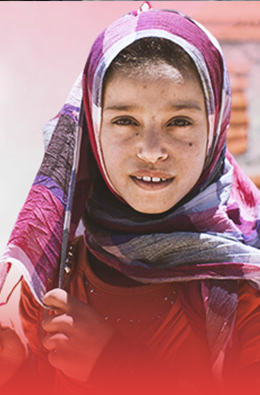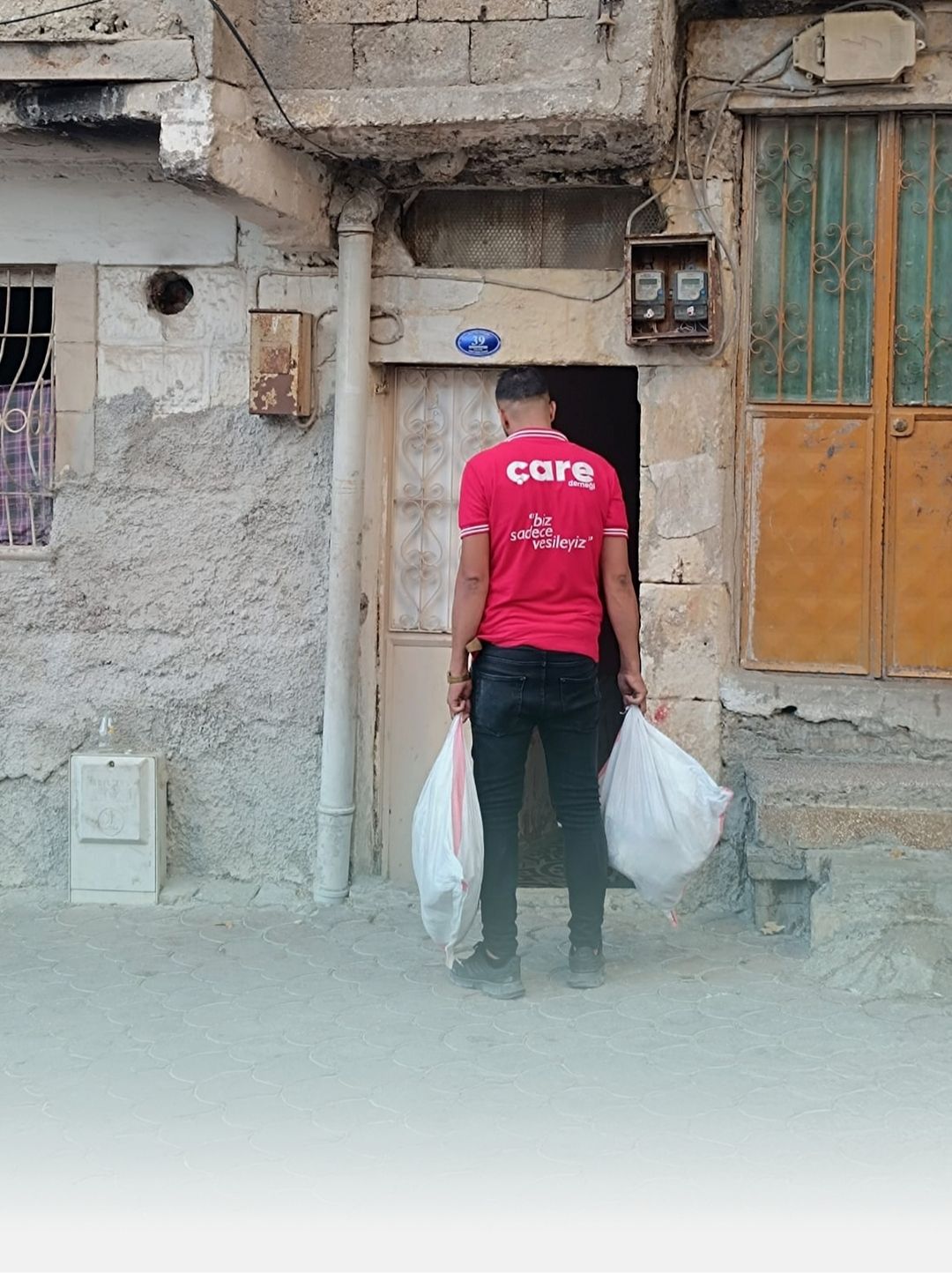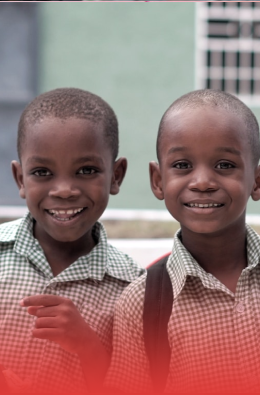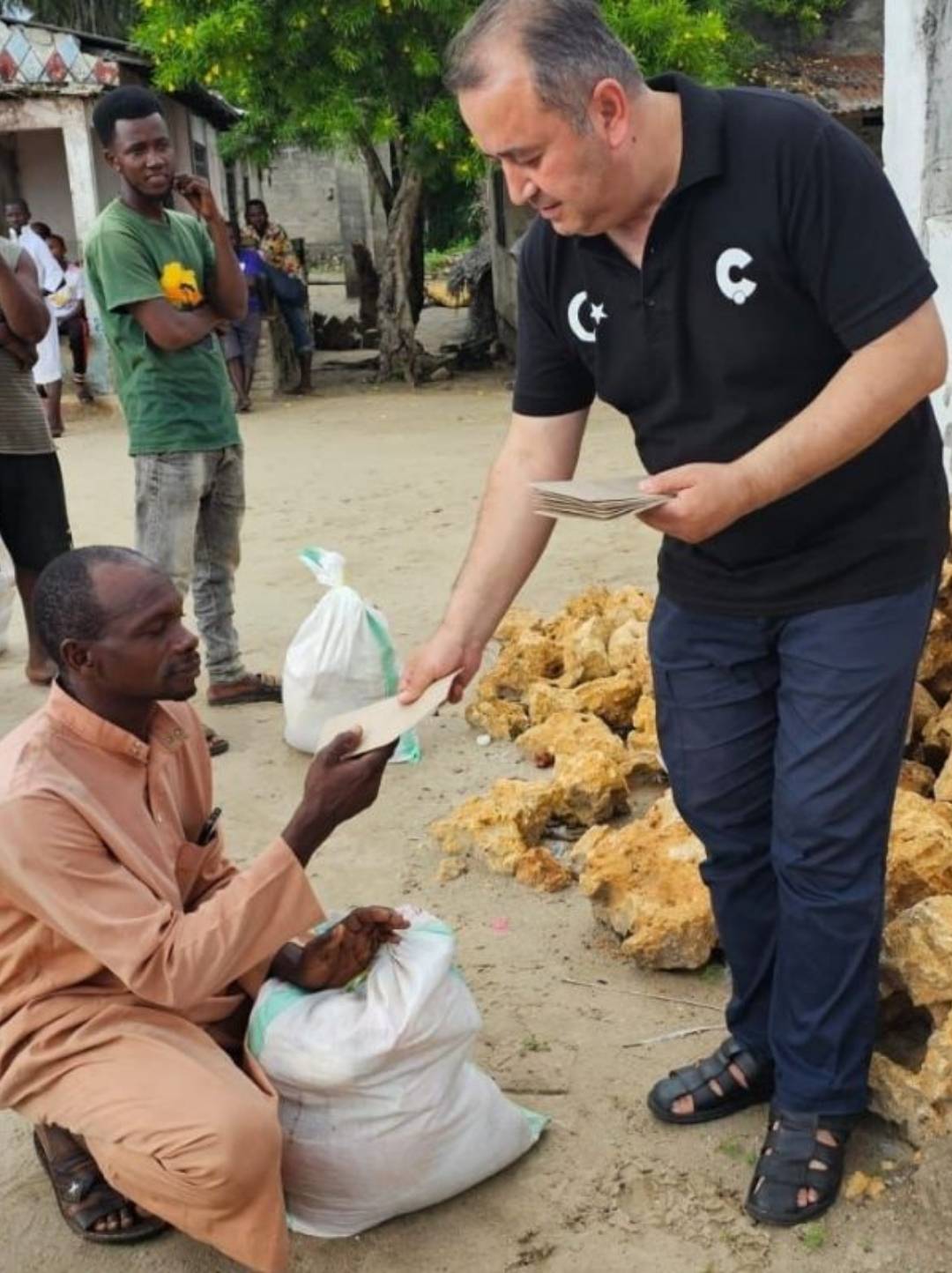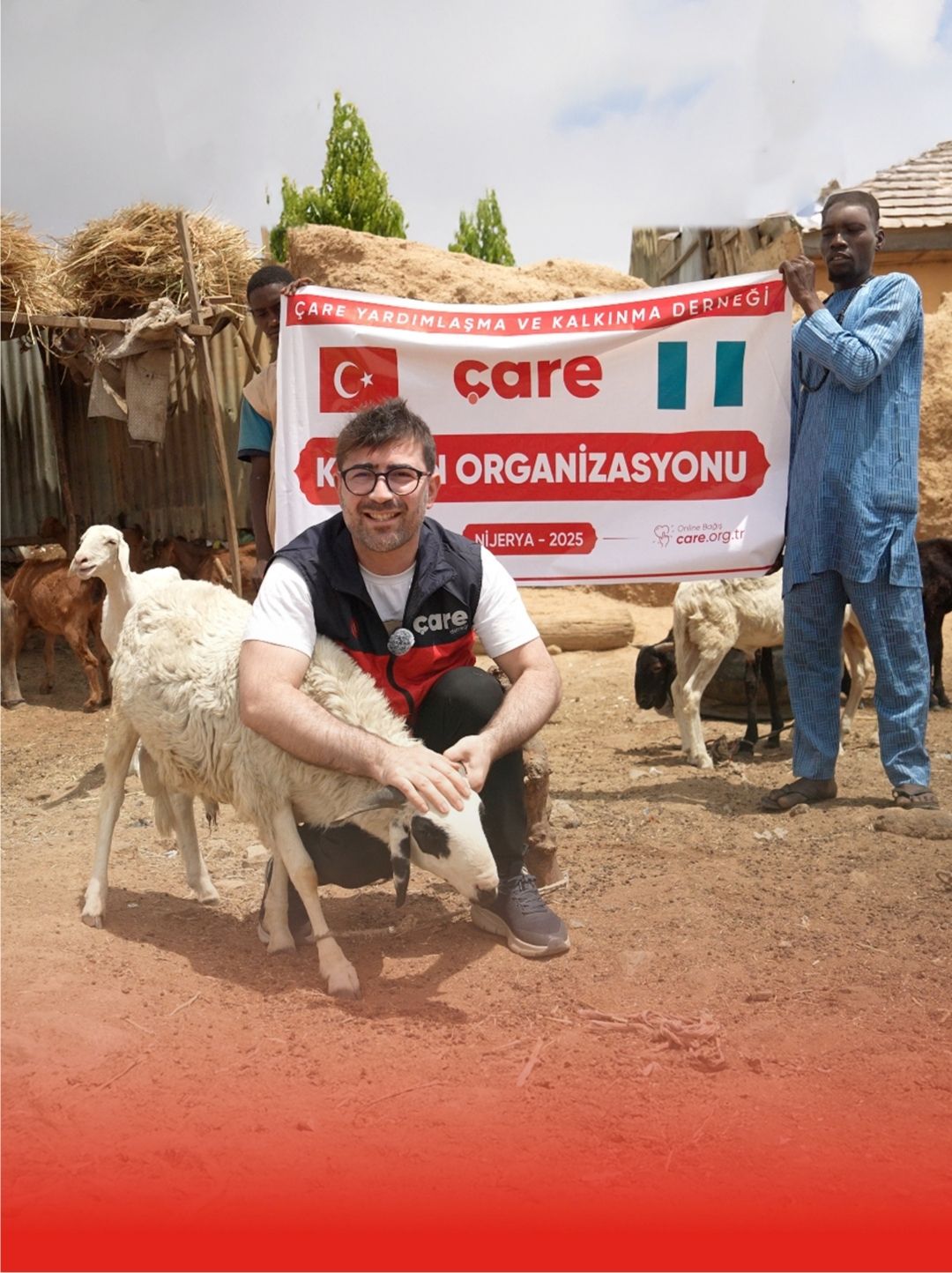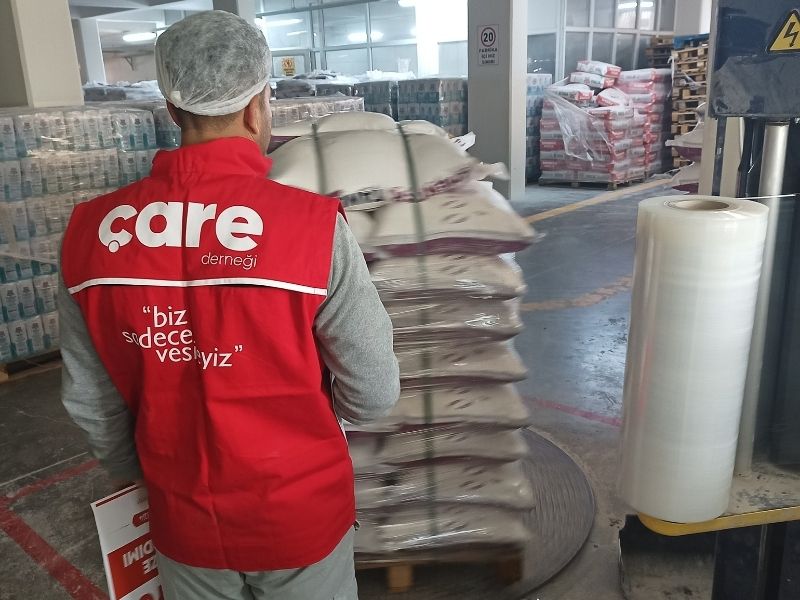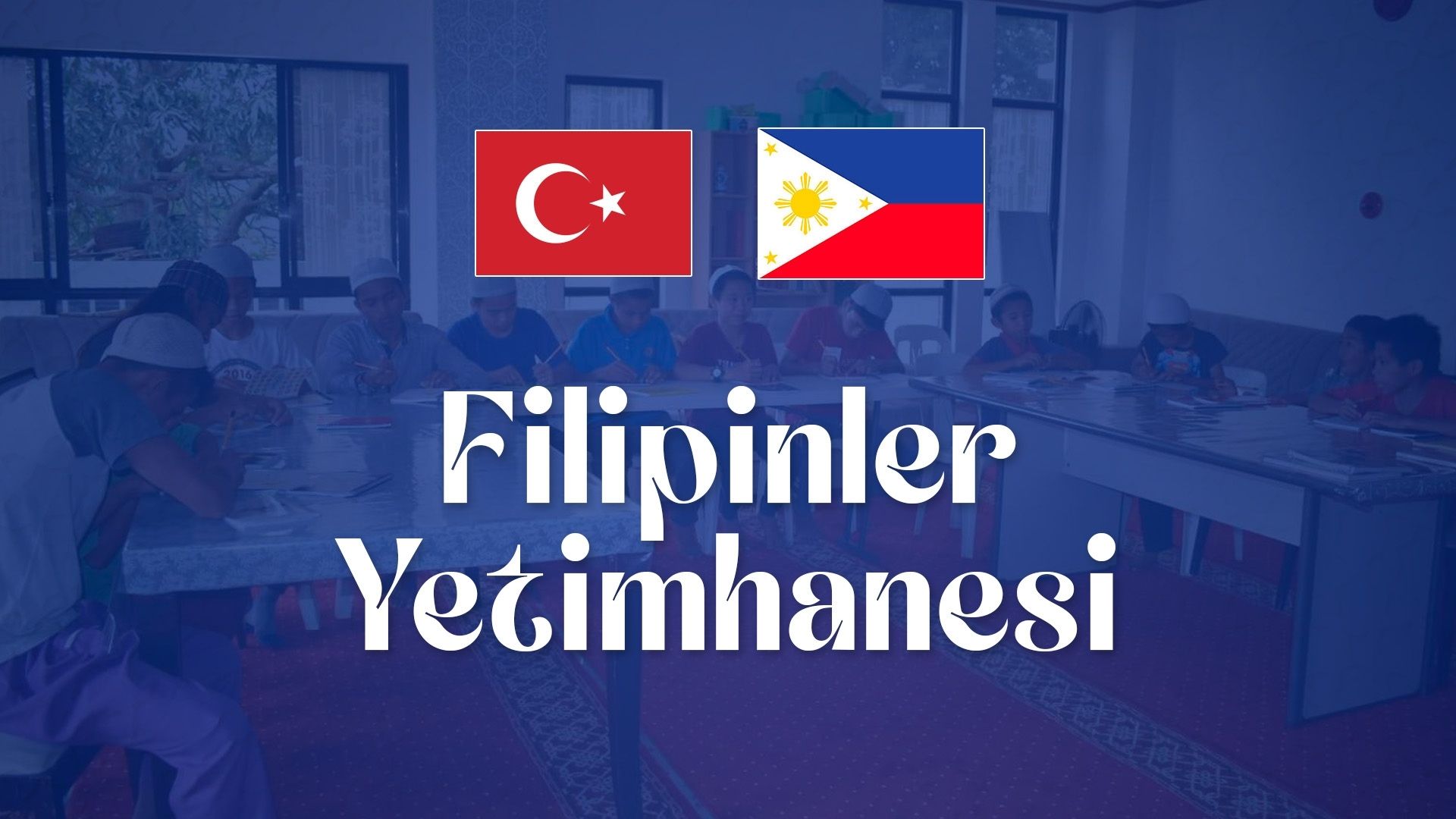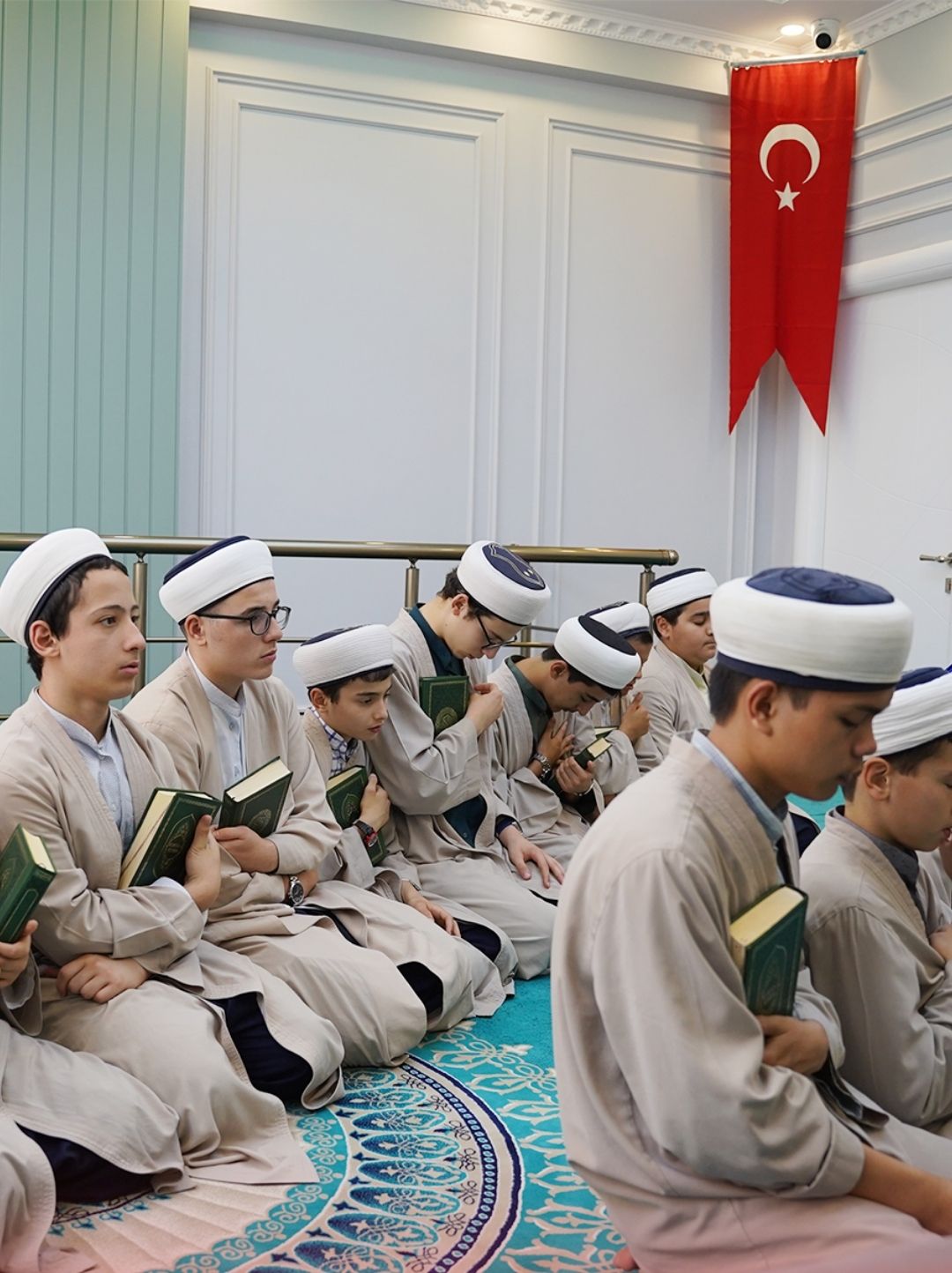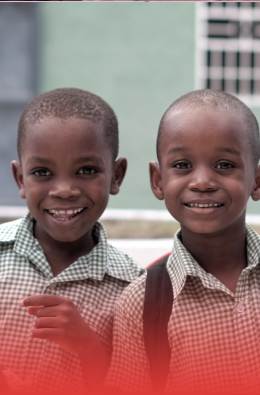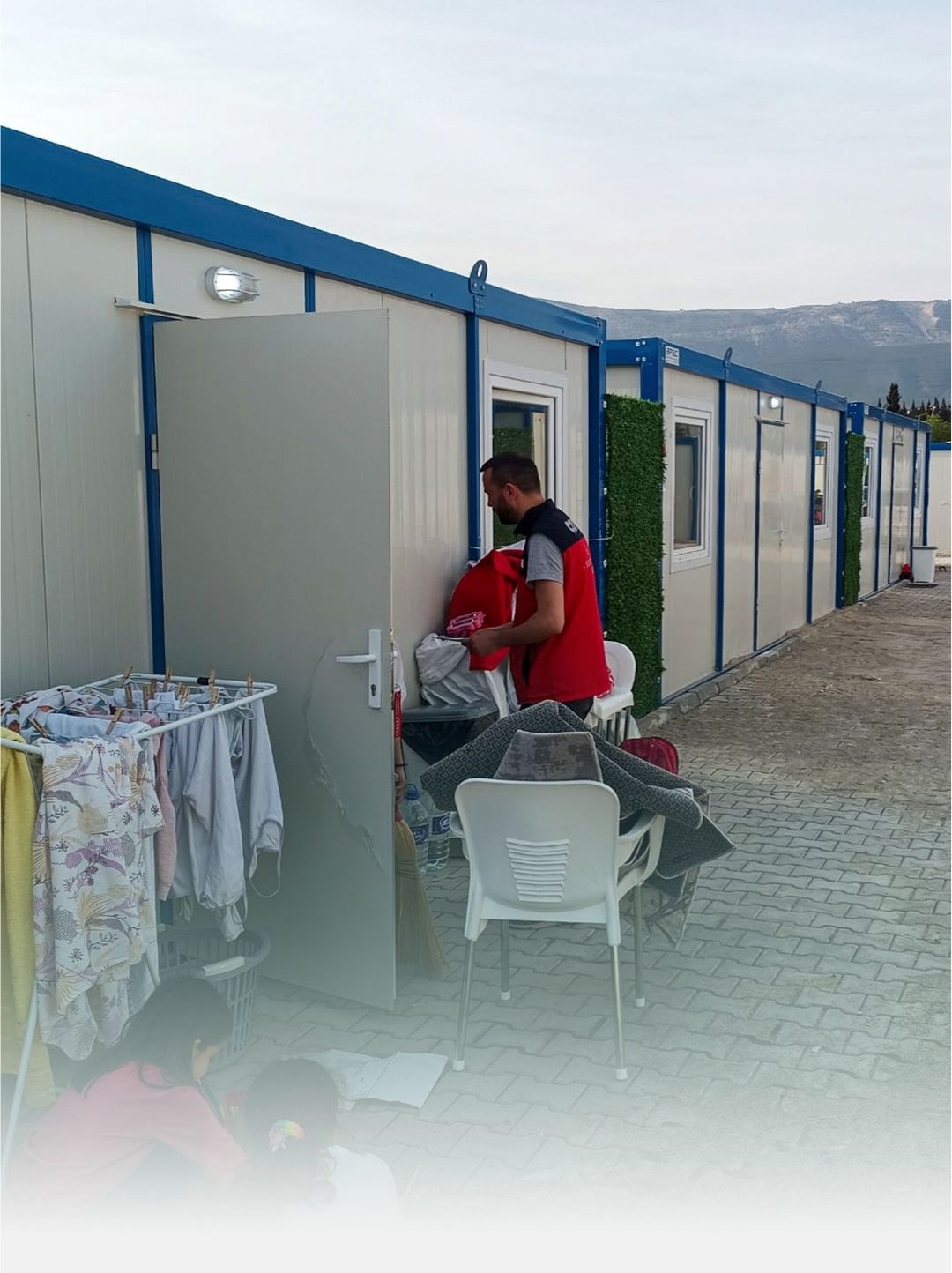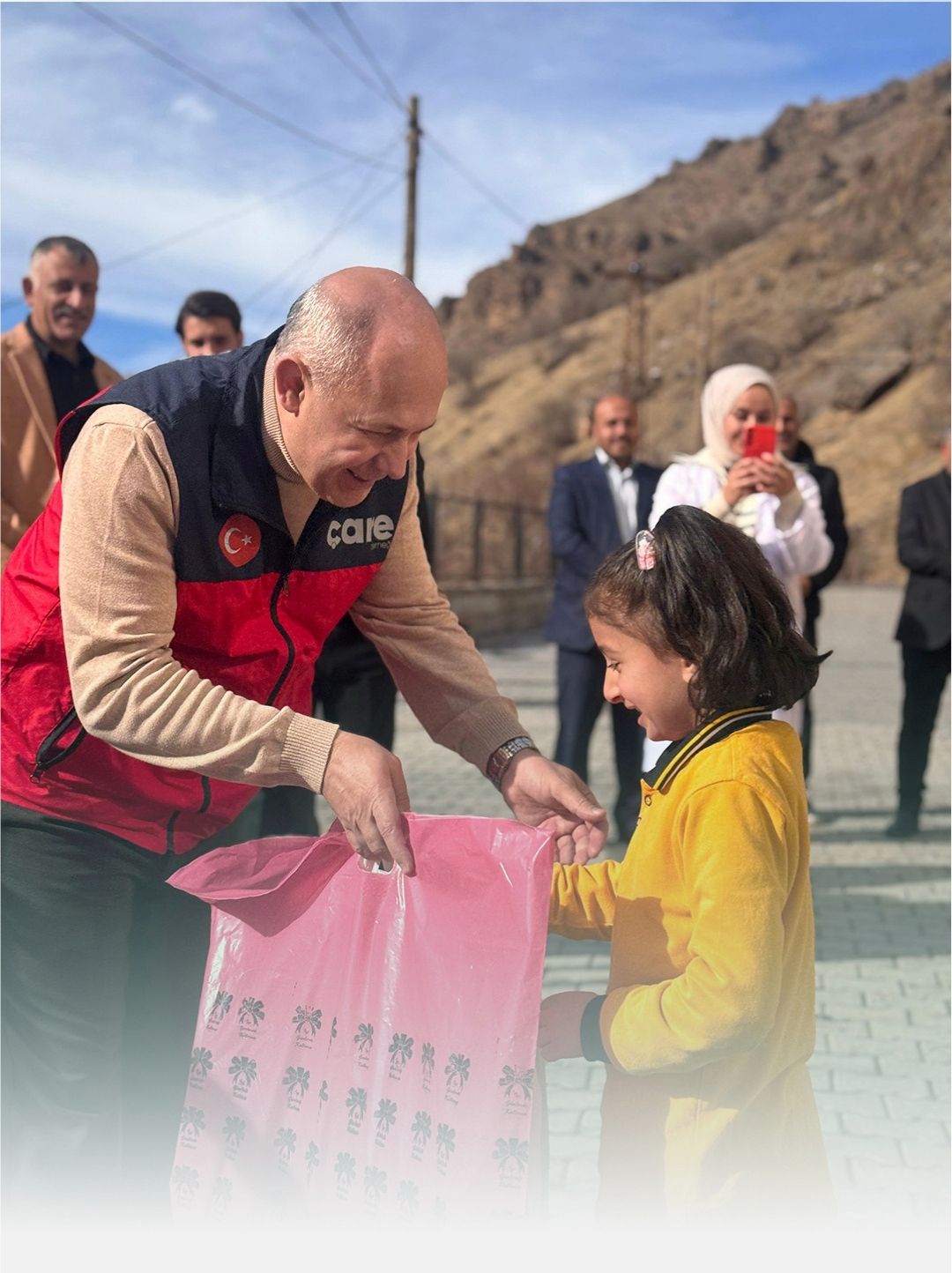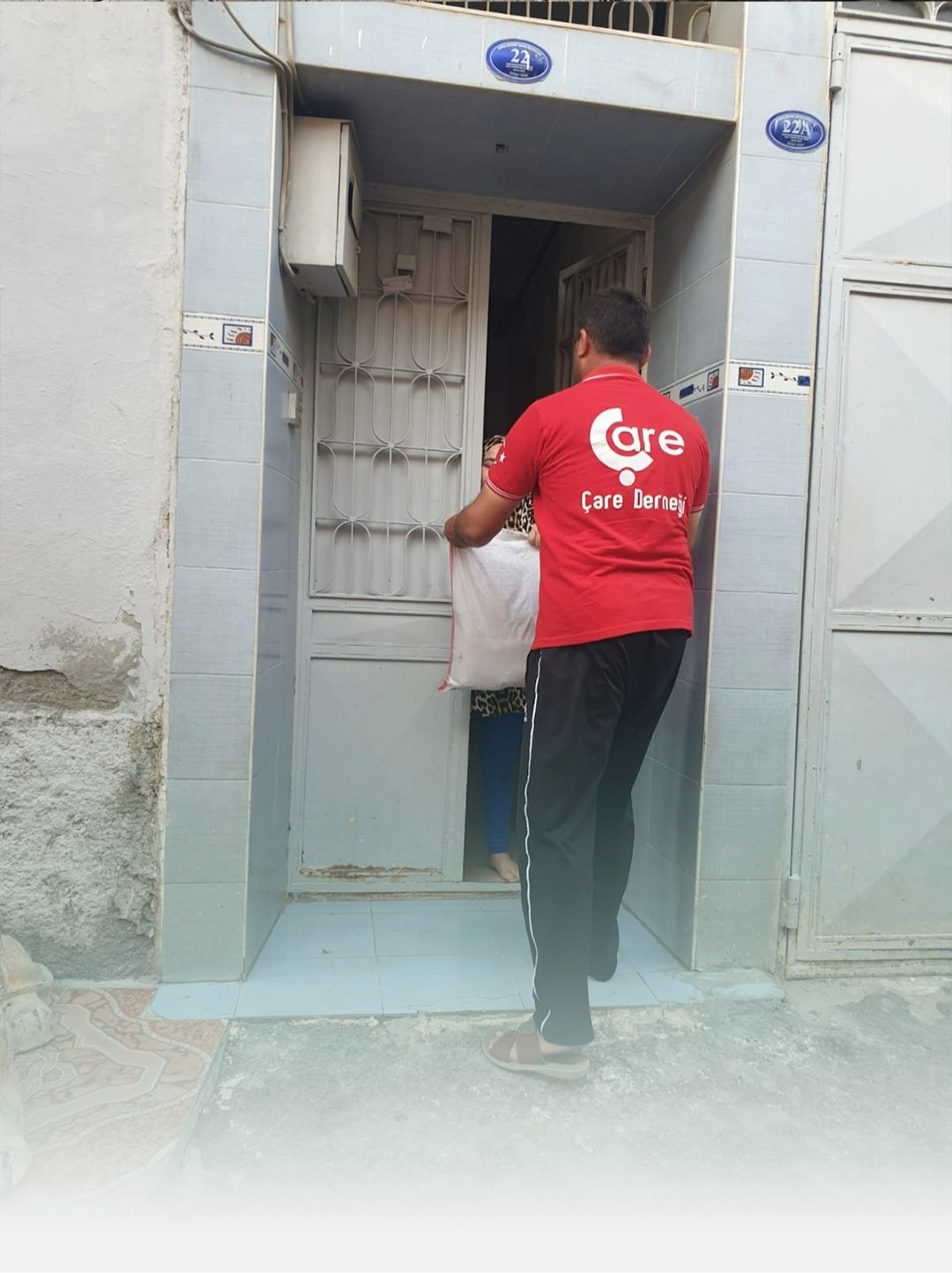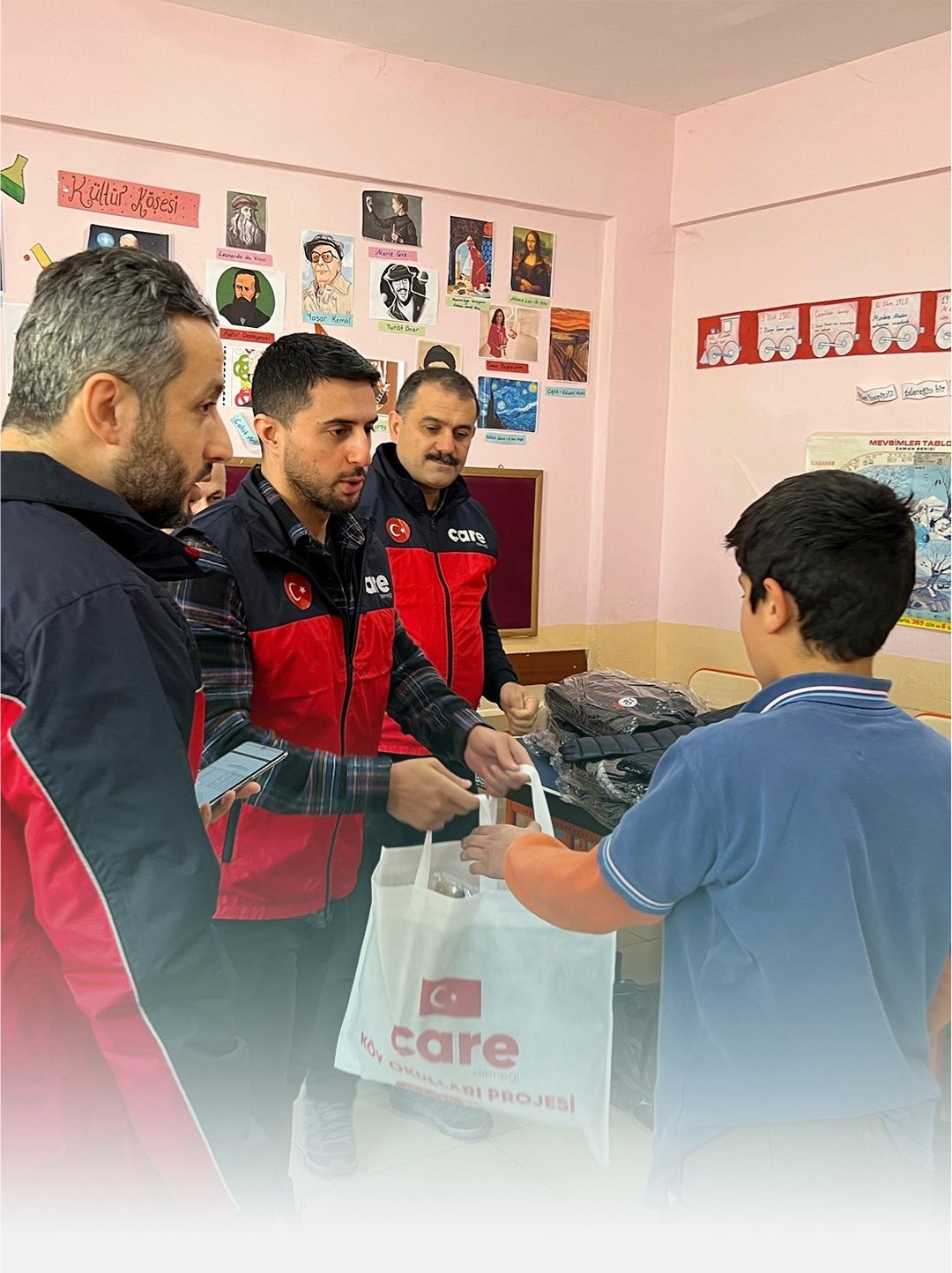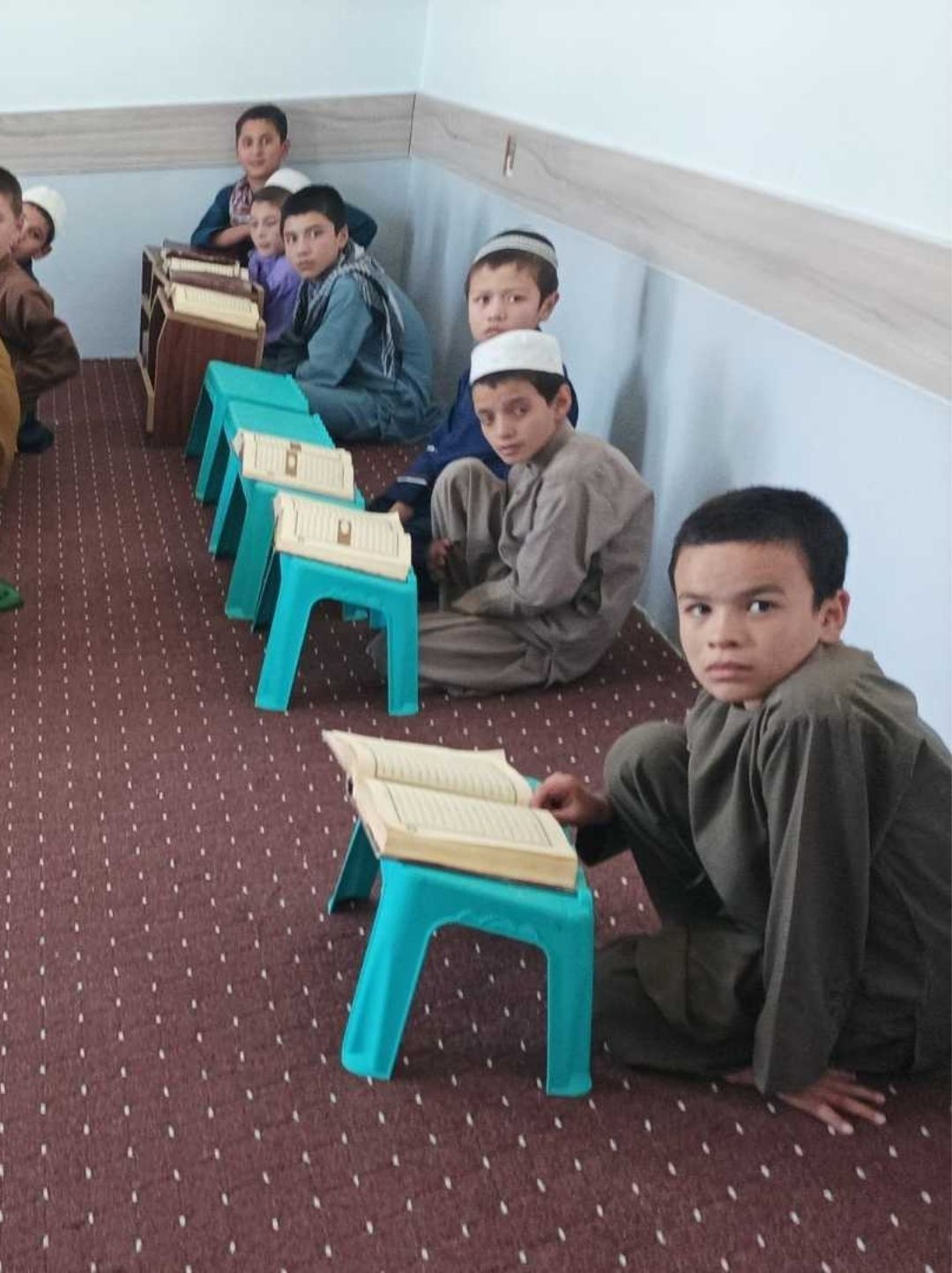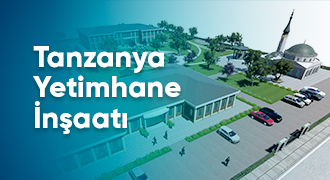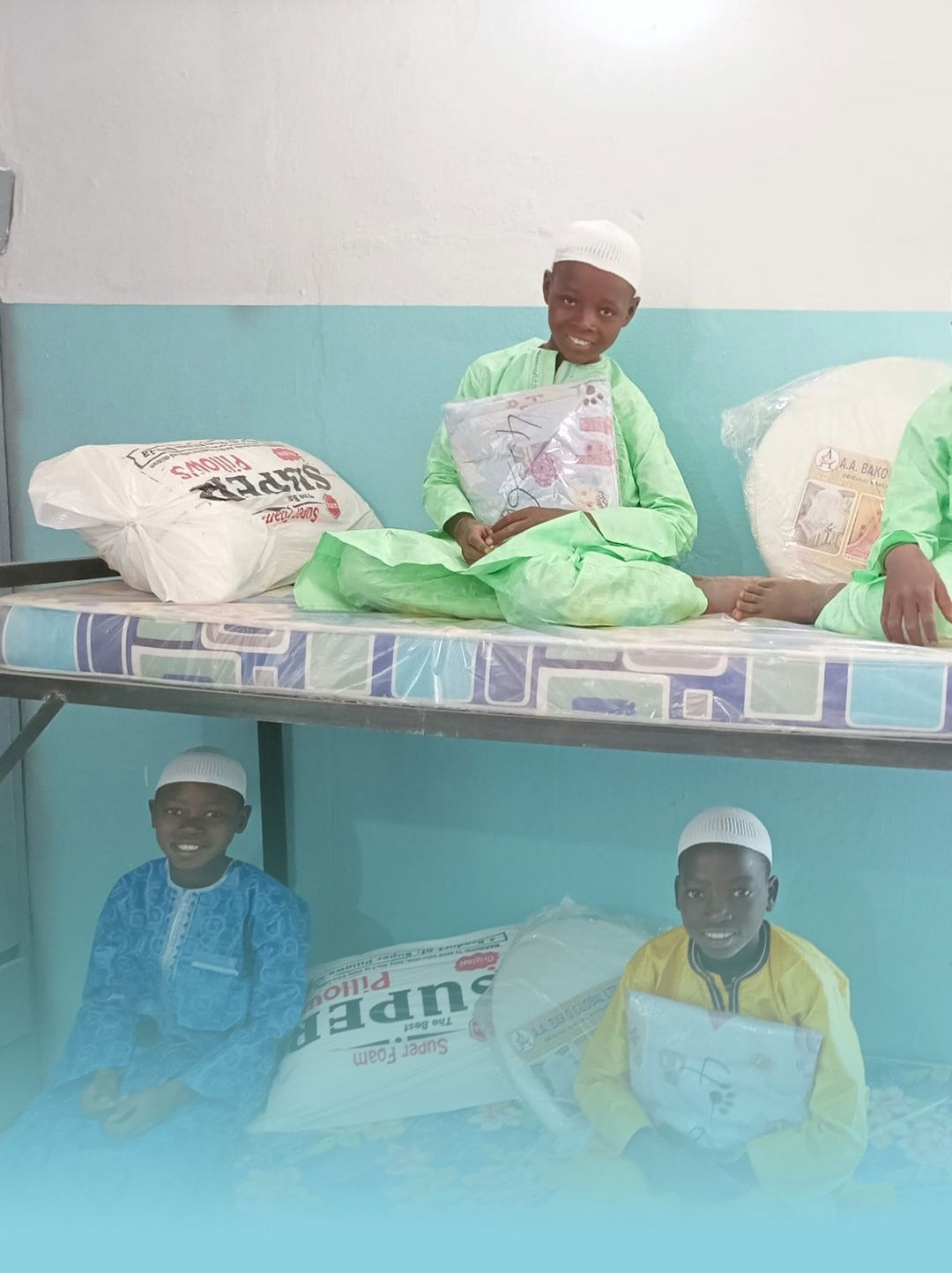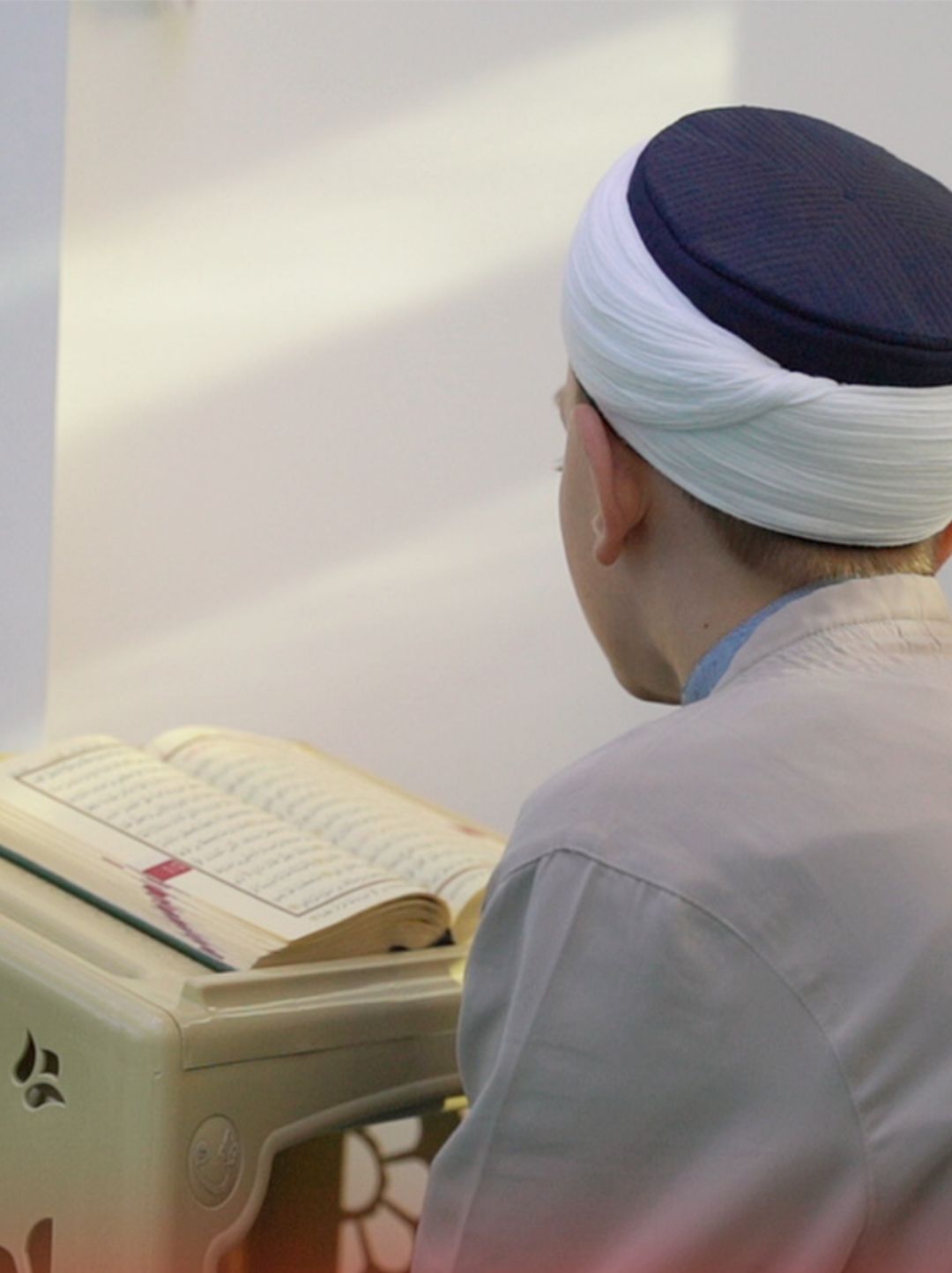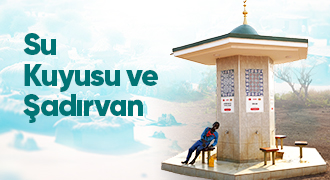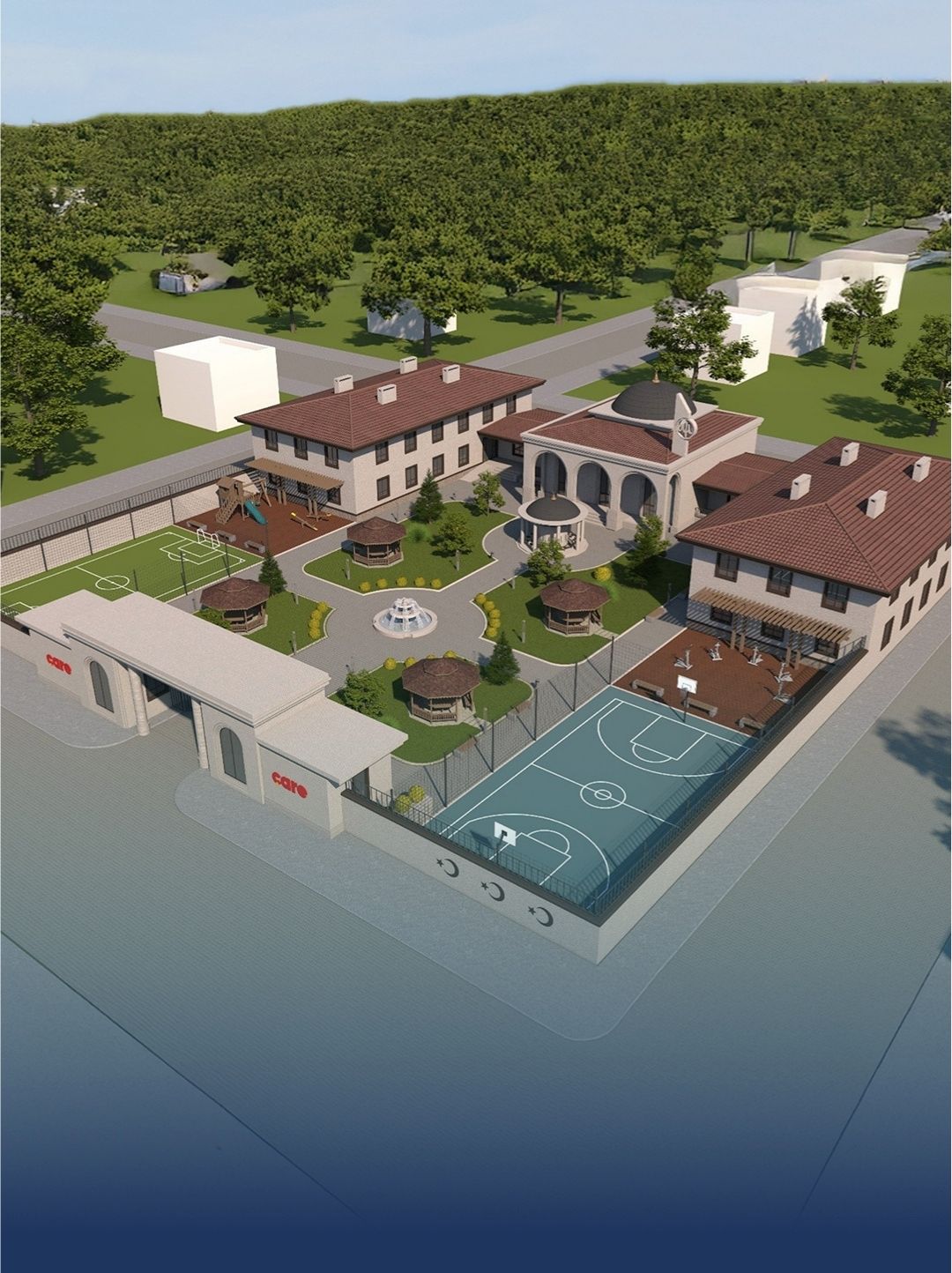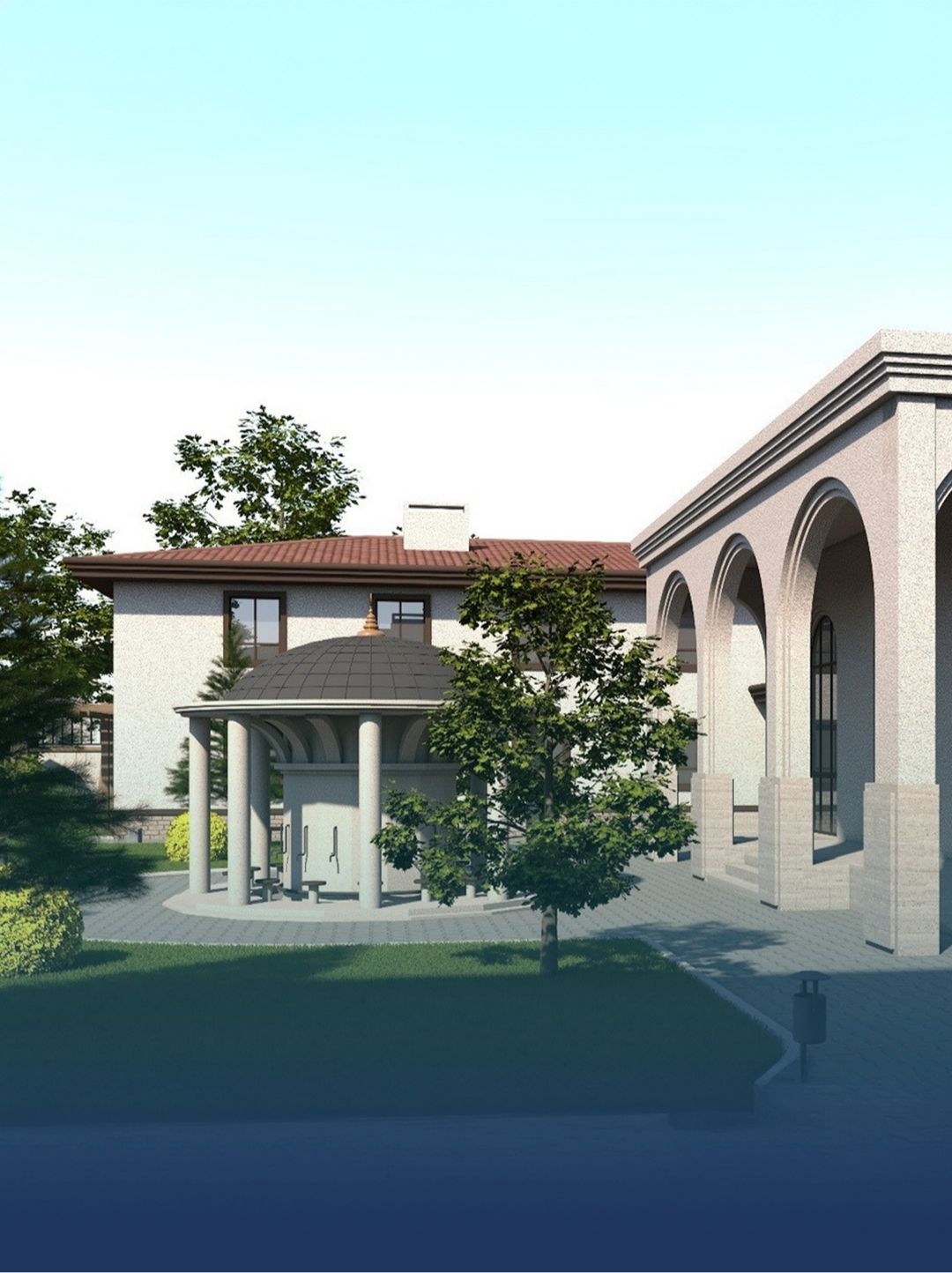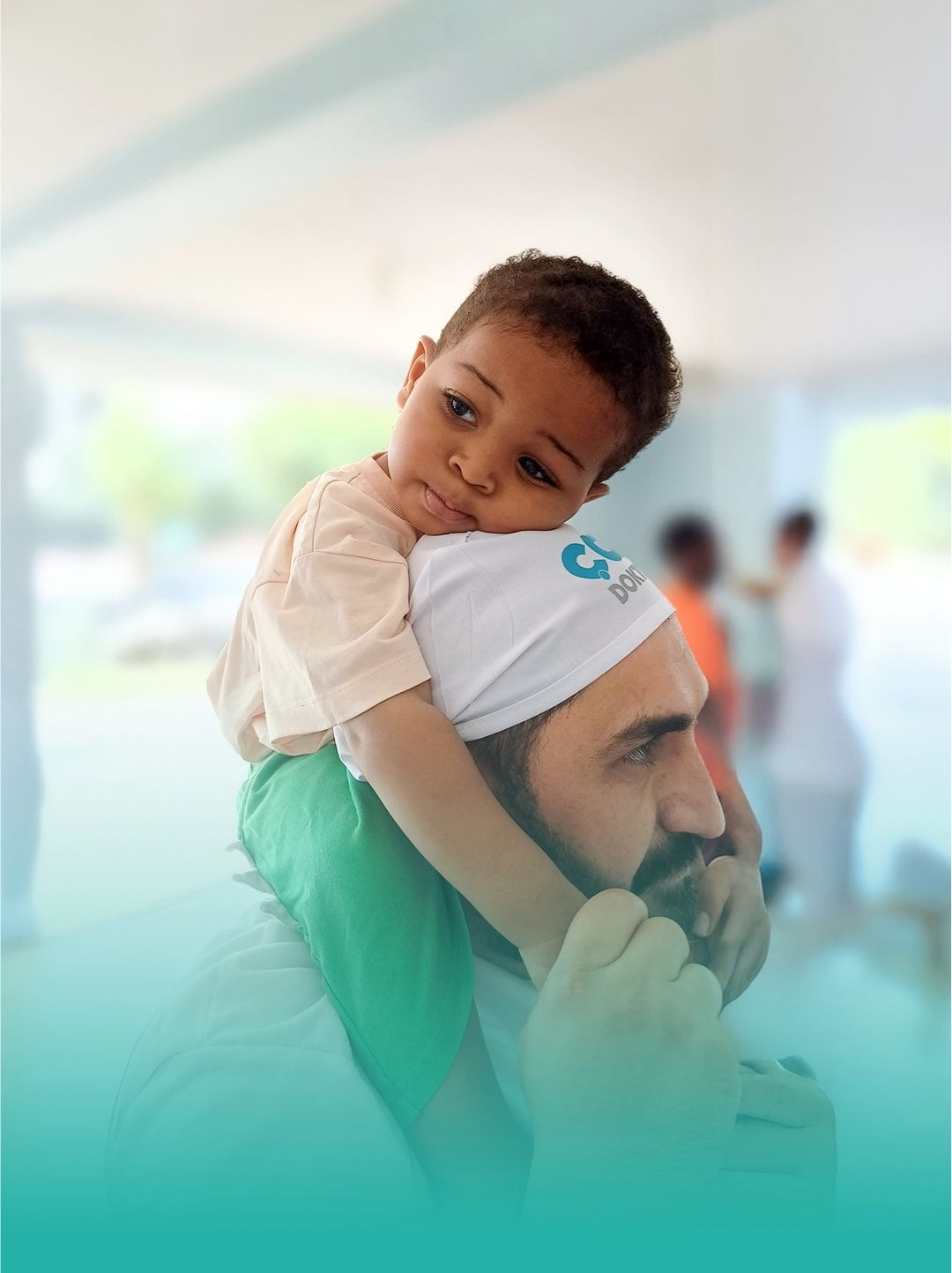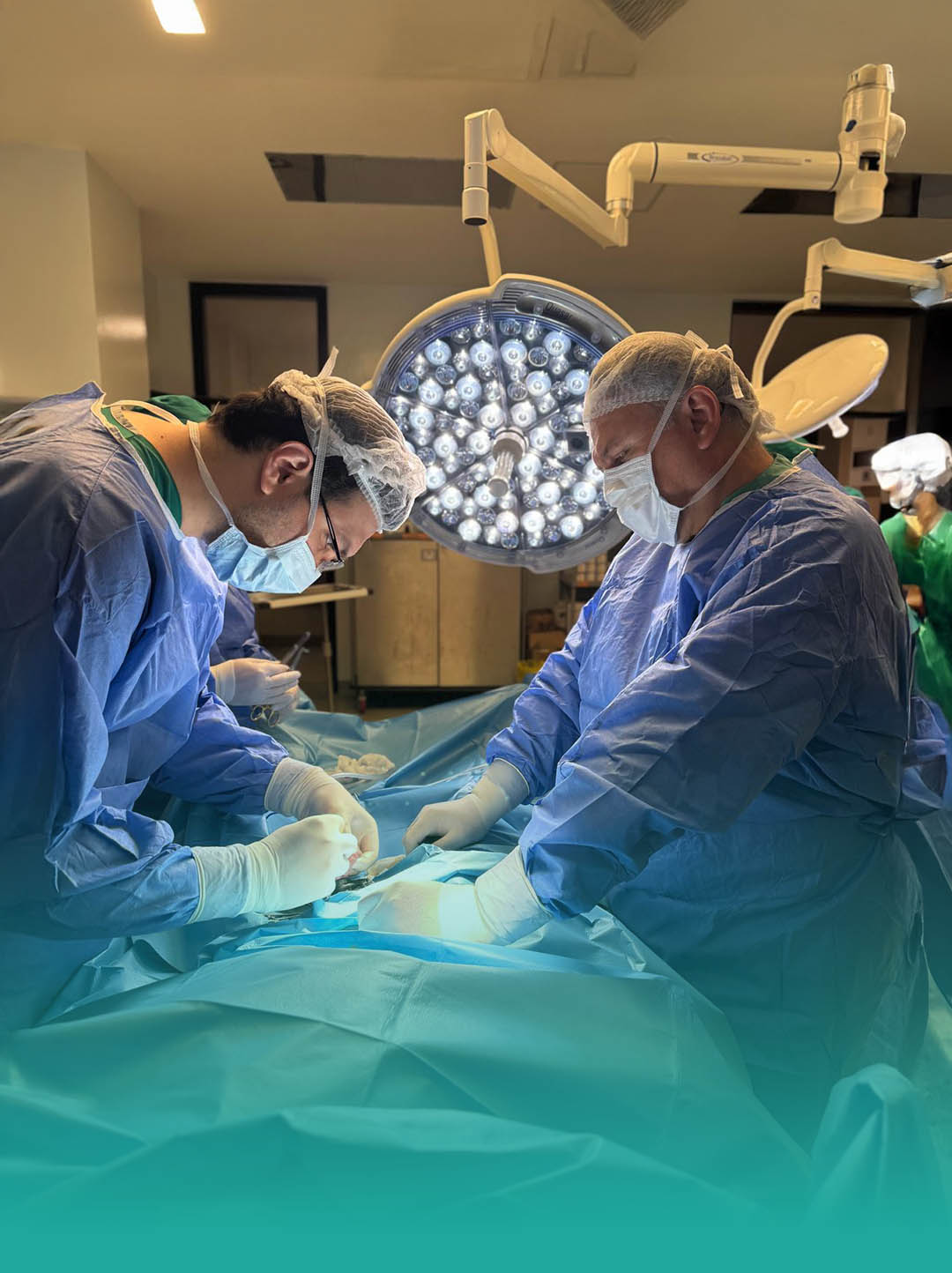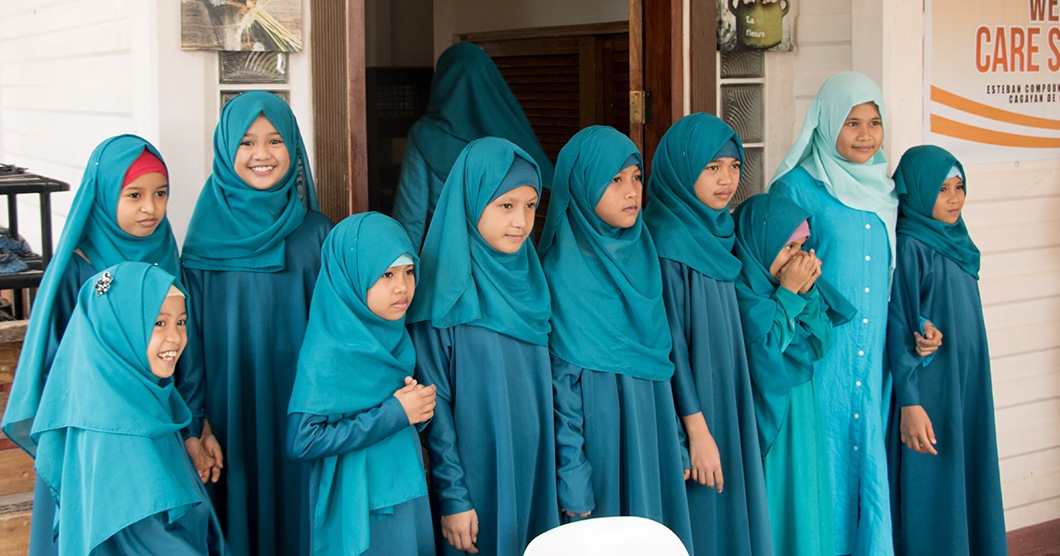
Curriculum Programs of Çare Orphanages: Islamic Education and Values Education Unit Studies
28.08.2024: 14:17The rapid development and change in science and technology, especially in communication and transportation, the changing needs of the individual and society, innovations and developments in learning and teaching theories and approaches have also directly affected the roles expected from individuals. This change can be produced by people who can produce information, use it functionally in life, solve problems, think critically, be entrepreneurial, determined, have communication skills, empathize, contribute to society and culture, etc. describes an individual with qualifications. Curriculums that will serve to raise individuals with this quality texture have been prepared in a simple and understandable structure, which takes into account individual differences, aims at gaining values and skills, rather than a structure that merely conveys information. For this purpose, on the one hand, repetitive acquisitions and explanations with a spiral approach at different subject and grade levels, and on the other hand, learning outcomes that are aimed to be acquired holistically and at once are included.
The achievements and explanations in both groups are competent, up-to-date, valid and can be related to life in the education and training process. These achievements and their explanations that determine their limits point to a plain content with a perspective that provides integrity in the perspective of values, skills and competencies at the level of classes and education levels. Thus, a total of curricula has been formed that guides the use of metacognitive skills, provides meaningful and permanent learning, is associated with solid and previous learning, and is integrated with other disciplines and daily life around values, skills and competencies.
1. Our Goal
Based on these principles, the target and purpose of our curriculum is education and training in a way that will result in positive behavioral changes in our students.
2. Our perspective
The main purpose of our education system is to raise individuals with knowledge, skills and behaviors integrated with our values and competencies. While trying to gain knowledge, skills and behaviors through curricula, our values and competencies serve as the link and horizon that establishes the integrity between these knowledge, skills and behaviors. Our values, distilled from the national and spiritual resources of our society, have reached today and are our heritage that we will pass on to our future.
Competencies are our operational integrity that enables this heritage to participate and contribute to life and the human family. In this respect, our values and competencies inseparably form our essential part in the unity of theory and practice.
The knowledge, skills and behaviors we try to gain through learning and teaching processes are the tools and platforms to gain visibility into our values and competencies that make us who we are; It can change in the conditions of the day, it is accidental with its structure and therefore it is updated and renewed with constant reviews.
So our perspective; “The light of conscience is religion. The light of the mind is the modern sciences. The truth is manifested by the mutuality of both. With those two sides, the patronage of the student is permissive. When they confess, bigotry in the first, cheating and doubt in the second."
3. Our Values
Our values are the sum of the principles that form the perspective of the curriculum. Its roots are in our traditions and our past, its trunk and branches are fed from these roots and reach our today and tomorrow. Our values, which constitute our basic human characteristics, are the source of the power and power that enables us to take action in the routine flow of our lives and in coping with the problems we face.
It is an indisputable fact that the future of a society depends on its people who have adopted its values and embody these values with their competencies. Therefore, our education system acts with the aim of enabling each of its members to make appropriate moral decisions and to demonstrate them in their behavior. The education system is not just a structure that is academically successful and provides certain knowledge, skills and behaviors. It is his primary duty to raise individuals who have adopted basic values; should be able to influence the values, habits and behaviors of the new generation. The education system fulfills its function within the framework of the purpose of gaining values with the education program that also includes the education programs. "Educational program"; It is created by considering all elements of the education system such as curricula, learning and teaching environments, educational tools, extracurricular activities, and legislation. With this understanding in curricula, our values can be divided into a separate program or learning area, unit, subject, etc. was not seen. On the contrary, our values, which are the ultimate goal and spirit of the whole educational process, have been included in each and every unit of the curriculum.
The "root values" in the curriculum are: justice, friendship, honesty, self-control, patience, respect, love, responsibility, patriotism, helpfulness. These values will come to life both on their own and with the sub-values they are associated with and with other root values in the learning-teaching process.
We consider these criteria of Turkish National Education's values as the basic values of Anatolian Civilization, and we consider it our duty to convey our Islamic/moral values such as loyalty, solidarity, altruism, worrying about the ummah's problems, and fraternity to our students in our orphanages.
4. Competencies
We continue to work to put the competencies determined by TQF into practice in our Uganda, Philippines and Pakistan Orphanages.
Our education system aims to raise individuals who have the knowledge, skills and behaviors integrated in competencies. Students at both national and international level; Competencies, which are the skill ranges that they will need in their personal, social, academic and business lives, are determined in the Turkish Qualifications Framework (TQF). TQF identifies eight key competencies and defines them as follows:
(1) Communication in the mother tongue: Expressing and interpreting concepts, thoughts, opinions, feelings and facts both orally and in writing (listening, speaking, reading and writing); To engage in linguistic interaction appropriately and creatively in all social and cultural contexts, such as education and training, the workplace, home and entertainment. (In our orphanages, education is given in the local language and it is aimed to increase the level of effective use of mother tongue in communication.)
(2) Communication in foreign languages: It mostly shares the basic skill dimensions of communication in the mother tongue, and its feelings, thoughts, concepts, facts and views are presented in a suitable range of forms such as education, training, workplace, home and entertainment, both orally and in writing, according to the wishes and needs of the person. It is based on the ability to understand, express and interpret in a social and cultural context. Communication in foreign languages also requires the skills of mediation and intercultural understanding. An individual's level of proficiency will vary between different languages with the dimensions of listening, speaking, reading and writing, depending on the individual's social and cultural background, environment, needs and interests. (Turkish education will also be emphasized in our orphanages and English/Arabic will be used as an optional language of education)
(3) Mathematical competence and core competences in science/technology: Mathematical competence is the development and application of mathematical thinking to solve a set of problems encountered in daily life. Emphasis is placed on process, activity and knowledge built on a solid arithmetic skill. Mathematical competence includes the ability and willingness to use mathematical modes of thinking (logical and spatial thinking) and presentation (formulas, models, constructs, graphs and tables) to varying degrees.
Competence in science refers to the availability of knowledge and the ability and desire to use methodology to explain the natural world in order to define questions and produce evidence-based conclusions. Competence in technology is seen as the application of knowledge and methodology in the context of meeting perceived human wants and needs. Competence in science and technology encompasses the ability to grasp the changes resulting from human activities and the responsibilities of each individual as a citizen. (4) Digital competence: It covers the safe and critical use of information and communication technologies for business, daily life and communication. This competence is supported through basic skills such as using computers to access and evaluate information, storing, producing, presenting and exchanging information, as well as participating in common networks and communicating via the Internet.
(5) Learning to learn: It is the competence of pursuing and insisting on learning so that an individual can organize his or her learning action individually or in groups, including effective time and knowledge management. This competence includes the individual's awareness of learning needs and processes by recognizing existing opportunities and the ability to cope with difficulties for a successful learning action. It means seeking and benefiting from guidance support as well as acquiring, processing and adapting new knowledge and skills. Learning to learn mobilizes learners to rely on previous learning and life experiences to use and apply knowledge and skills in a variety of contexts, such as the home, workplace, education and training environment.
(6) Social and civic competences: These competences include personal, interpersonal and intercultural competences; will enable individuals to participate effectively and constructively in the differentiated society and working life; It encompasses all forms of behavior that enable it to be equipped with features to resolve conflicts when necessary. Citizenship competence equips individuals to participate fully in civil life based on knowledge of social and political concepts and structures, and a commitment to democratic and active participation.
(7) Taking initiative and entrepreneurship: It refers to an individual's ability to transform his thoughts into action. It includes creativity, innovation and risk taking, as well as the ability to plan and manage projects to achieve goals. This competence supports everyone not only at home and in the community, but also in business life so that they can be aware of the context and conditions of their work and seize business opportunities; It also provides a basis for the more specific knowledge and skills needed by those who engage in or contribute to social and commercial activities. It also includes being aware of ethical values and promoting good governance.
(8) Cultural awareness and expression: It is an appreciation of the importance of creative expression of opinions, experiences and emotions using a variety of mass media, including music, performing arts, literature and the visual arts.
5. Conclusion
While our students are raised as moral believers, citizens who love their country, litigants who will shoulder the principles of the Qur'an and Islam, and altruists who will be recognized by the nation, we also work to raise individuals who will be the apple of our eye with their scientific/scientific competencies. We are trying to implement a new model of integration with the Islamic curriculum. We act with the aim of creating a systematic of a two-winged education model that our students will fly to the future with hope
Son Yazılar
Bu Bayram da Çare Olduk, 1 Milyon Kalbe Dokunduk
19.06.2025: 14:08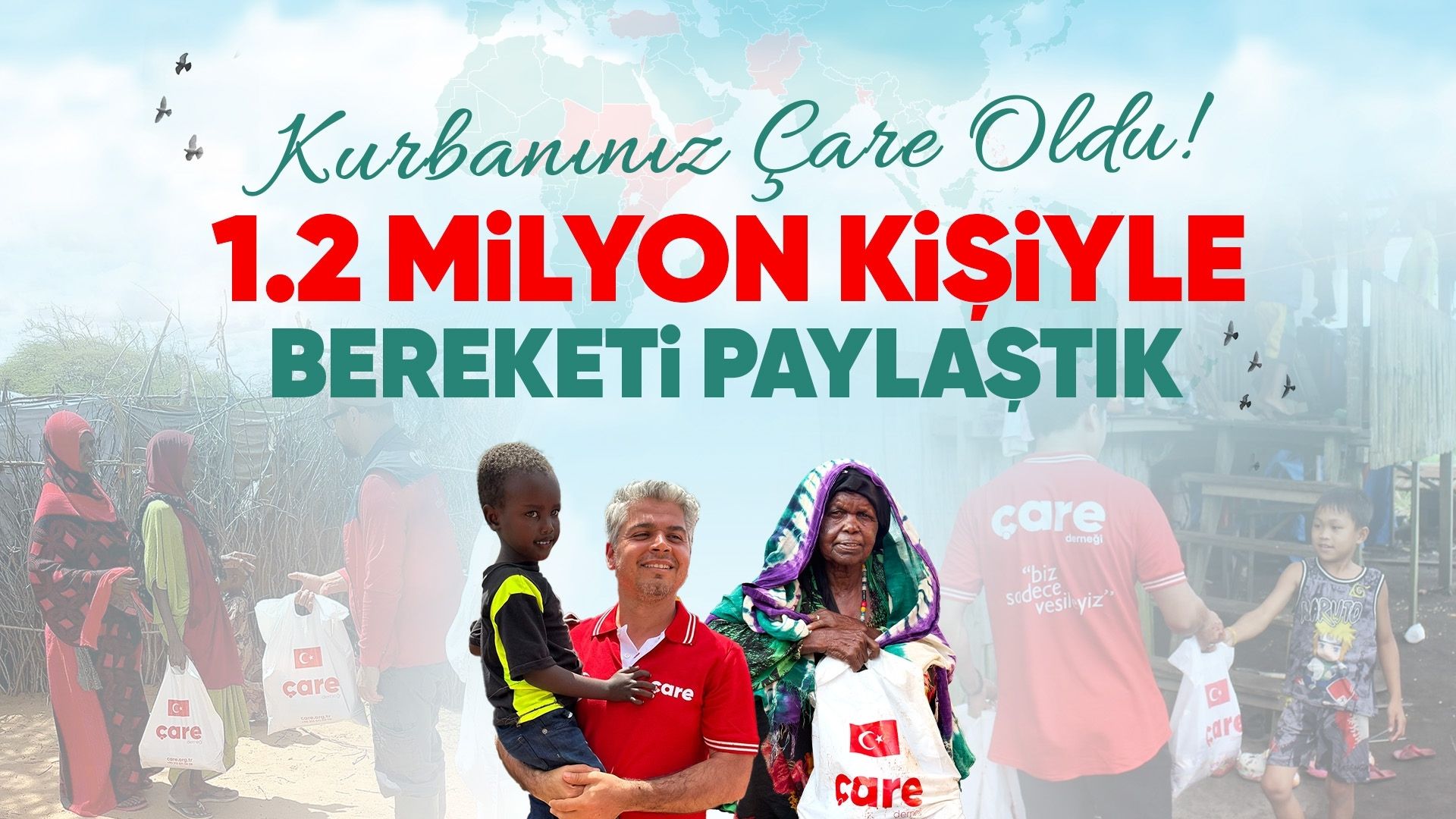
Uganda Sağlık Kampı Başarıyla Tamamlandı!
19.06.2025: 13:48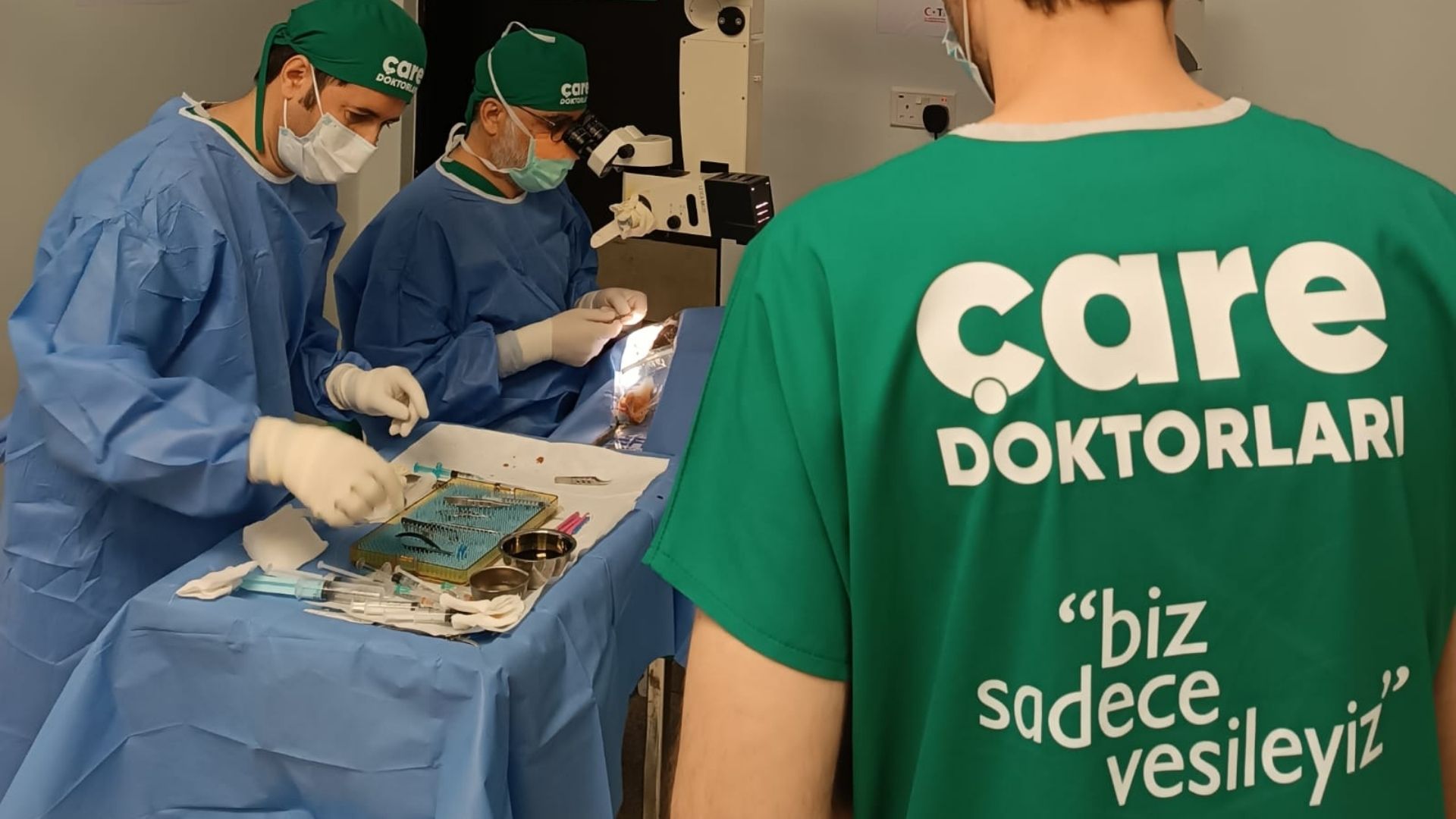
Uganda Yumbe’de Sağlık Kampı Başladı
19.06.2025: 13:46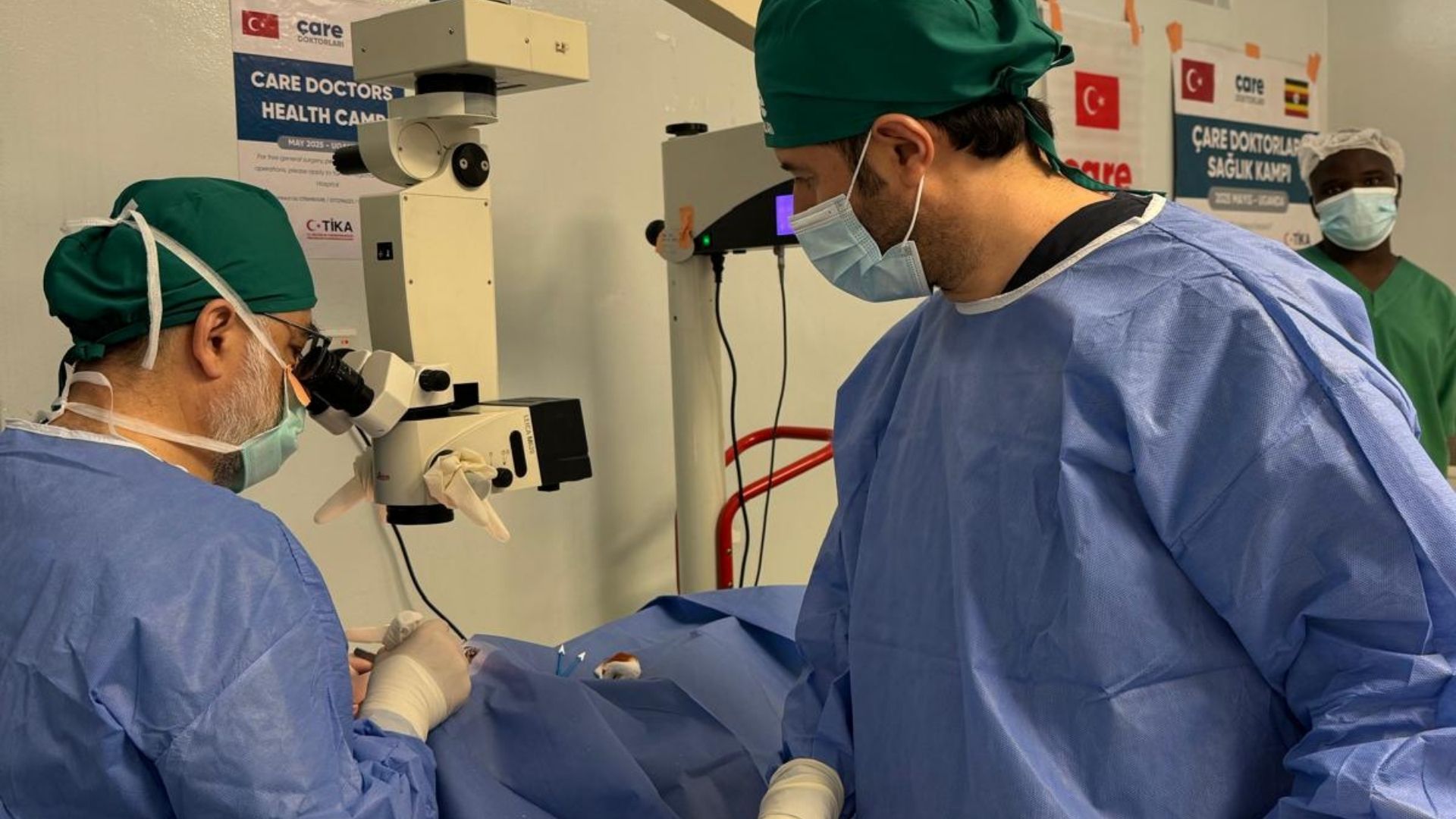
Visually Impaired Students Learn the Qur’an in Uganda
19.06.2025: 13:45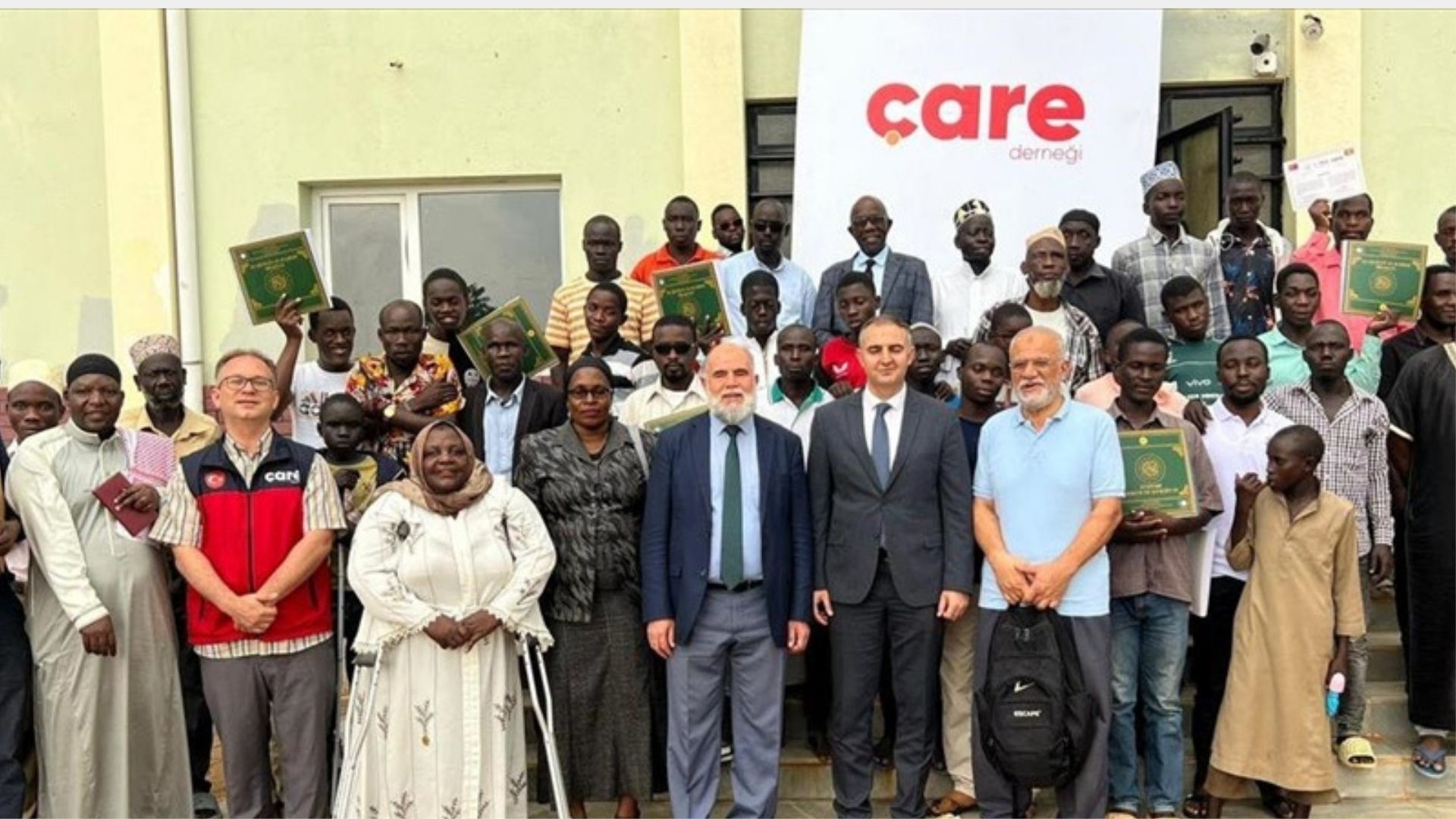
Uganda'da Görme Engelliler Kuran'ı Öğrendi
19.06.2025: 13:44